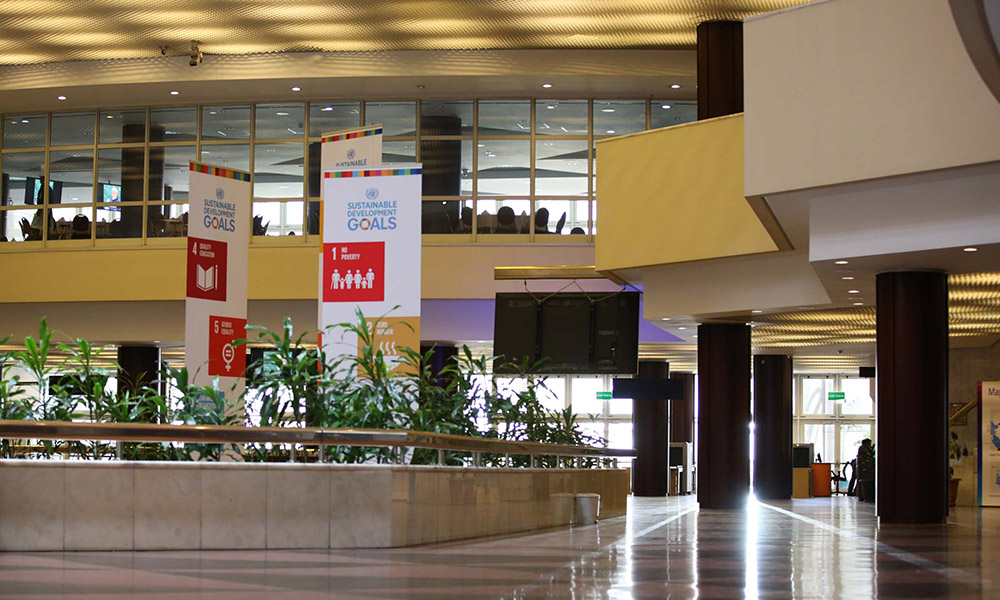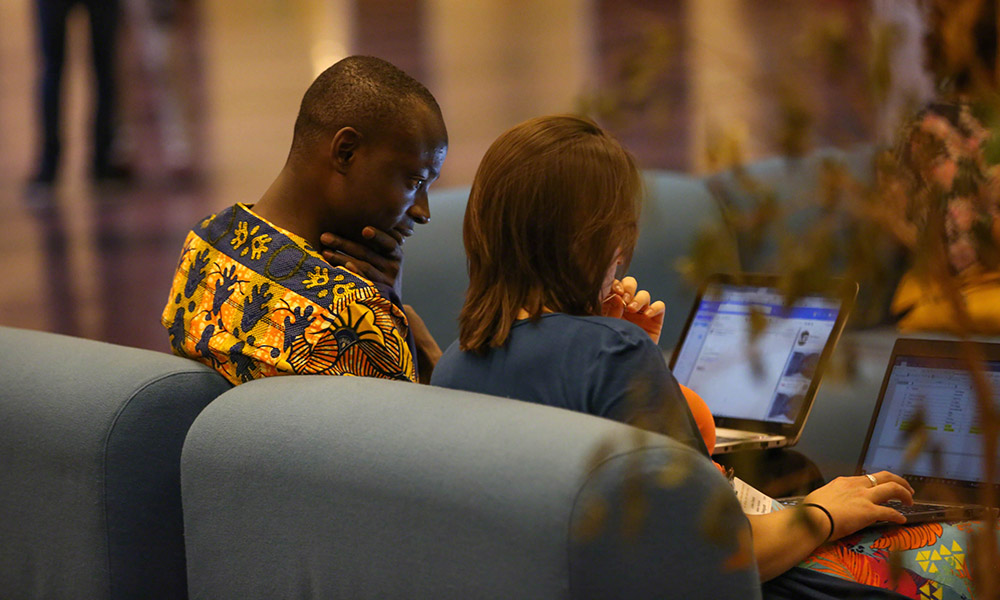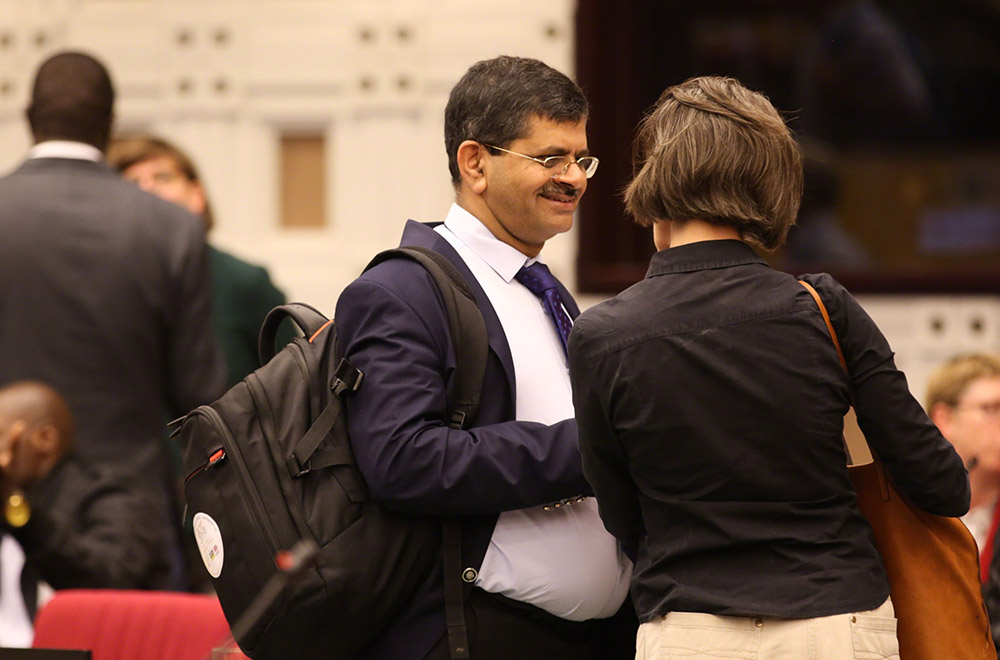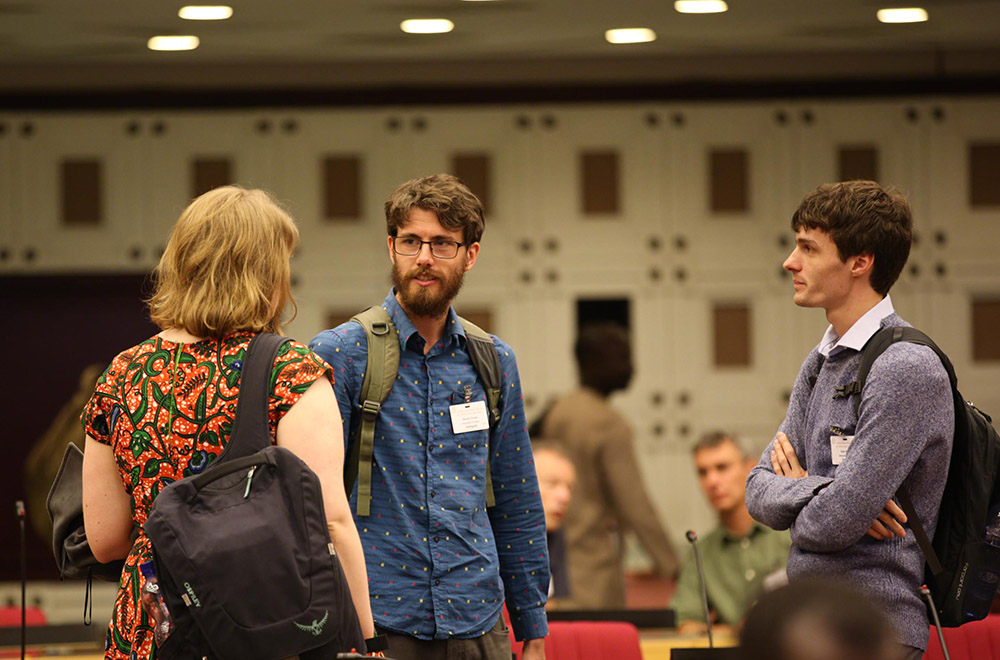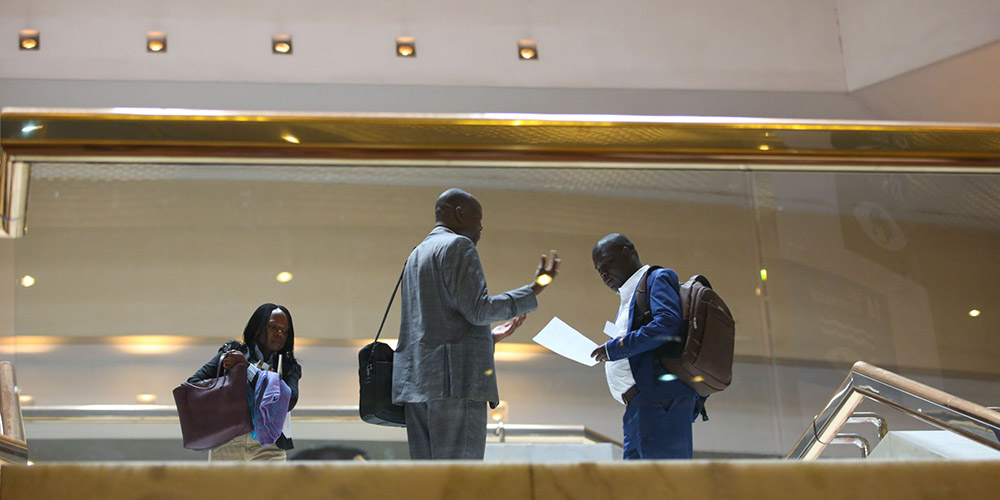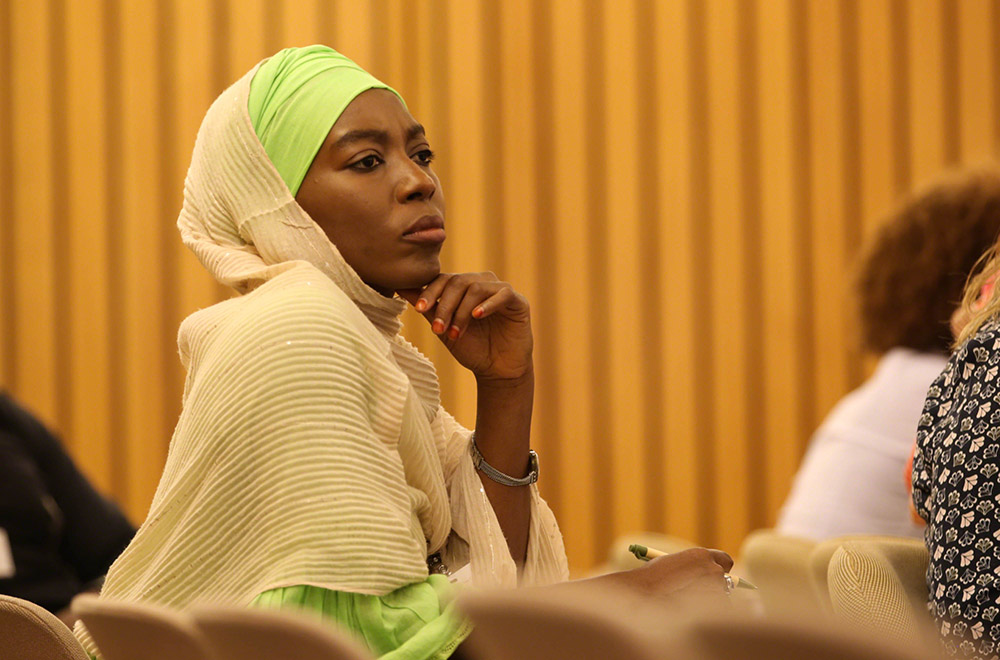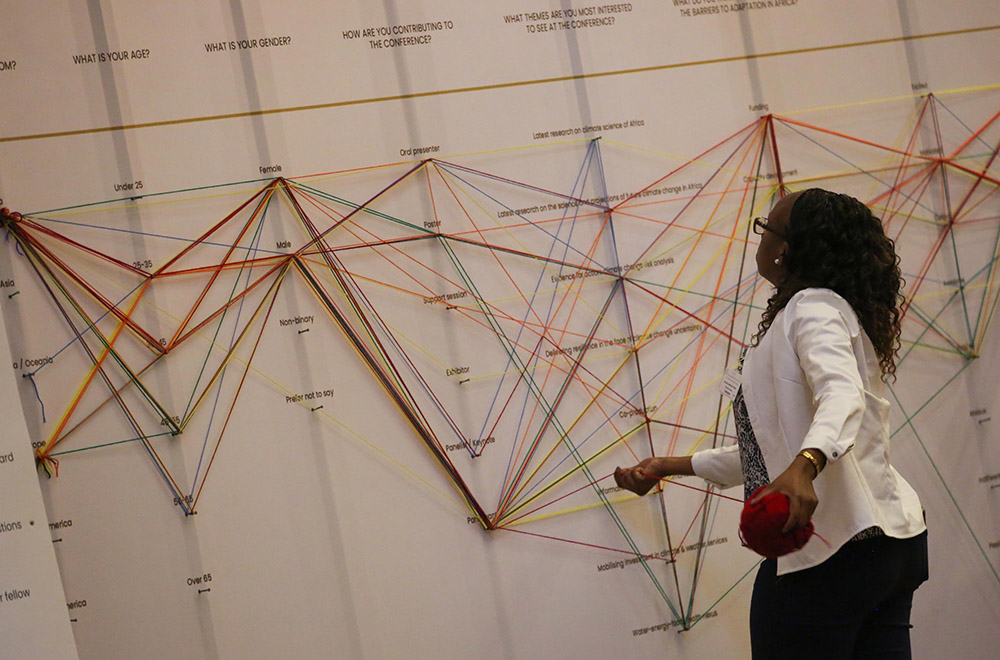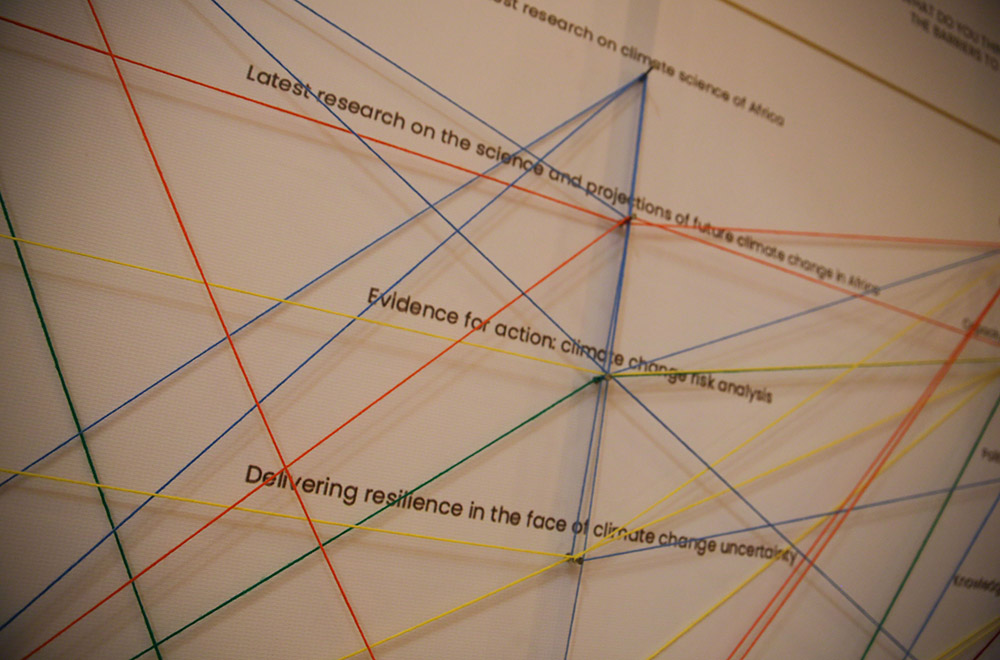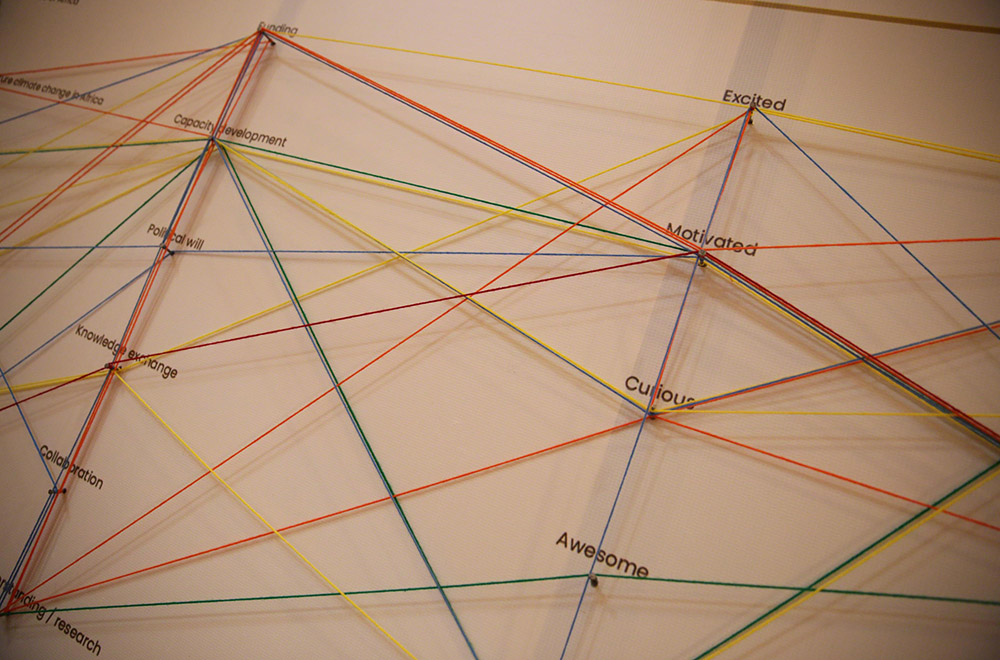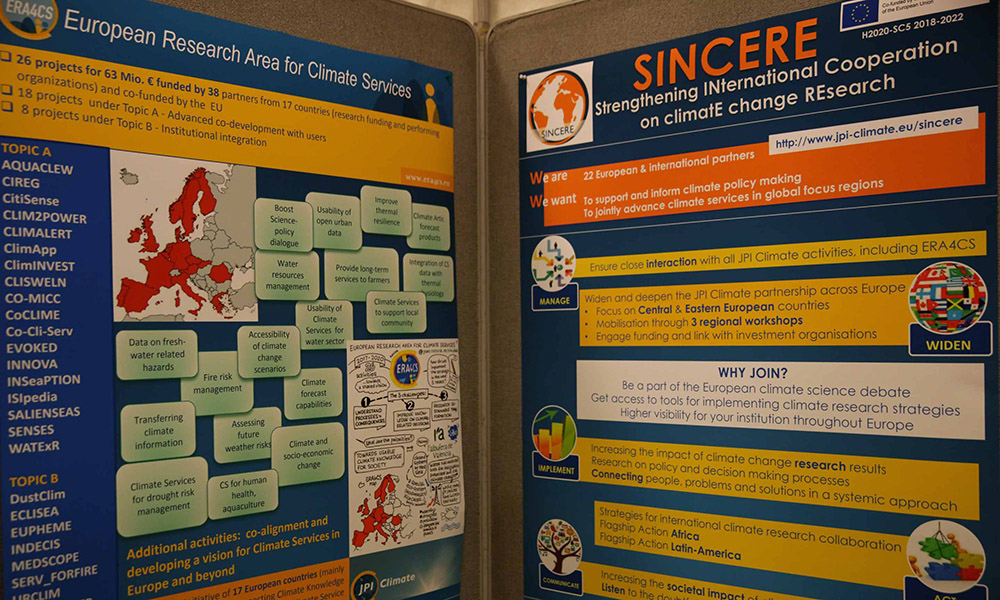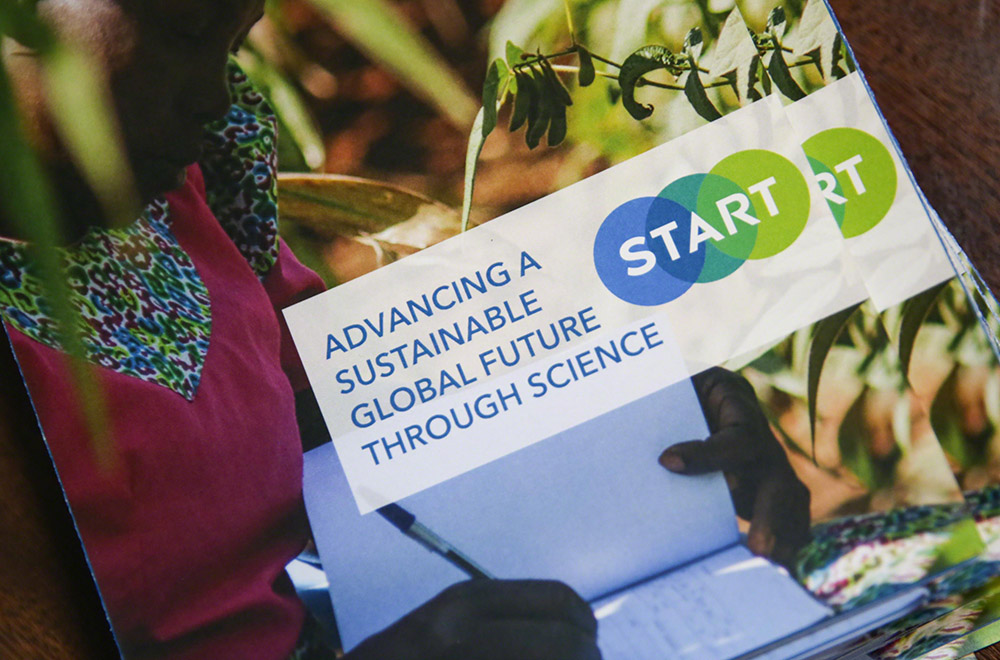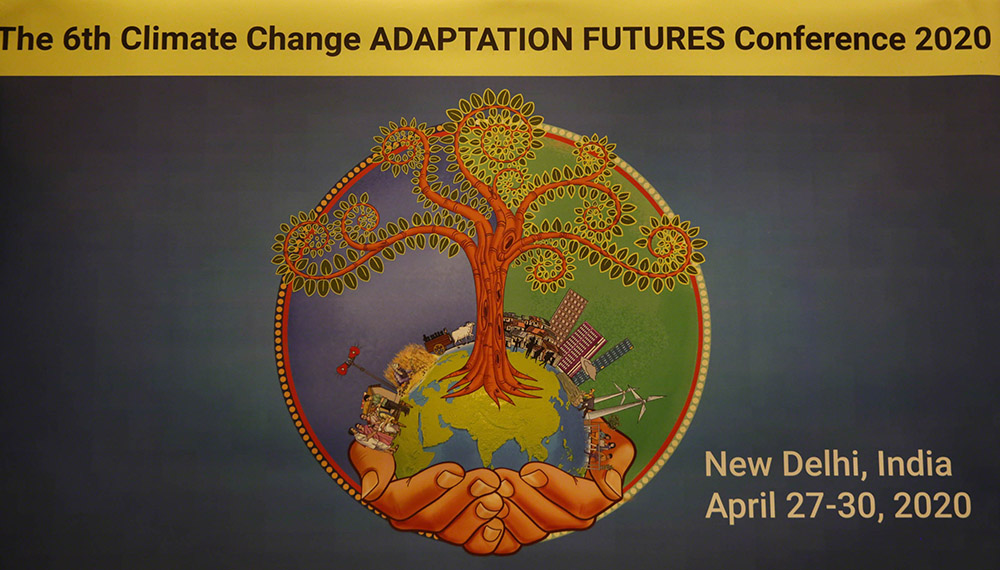Summary
Highlights for Tuesday, 8 October 2019
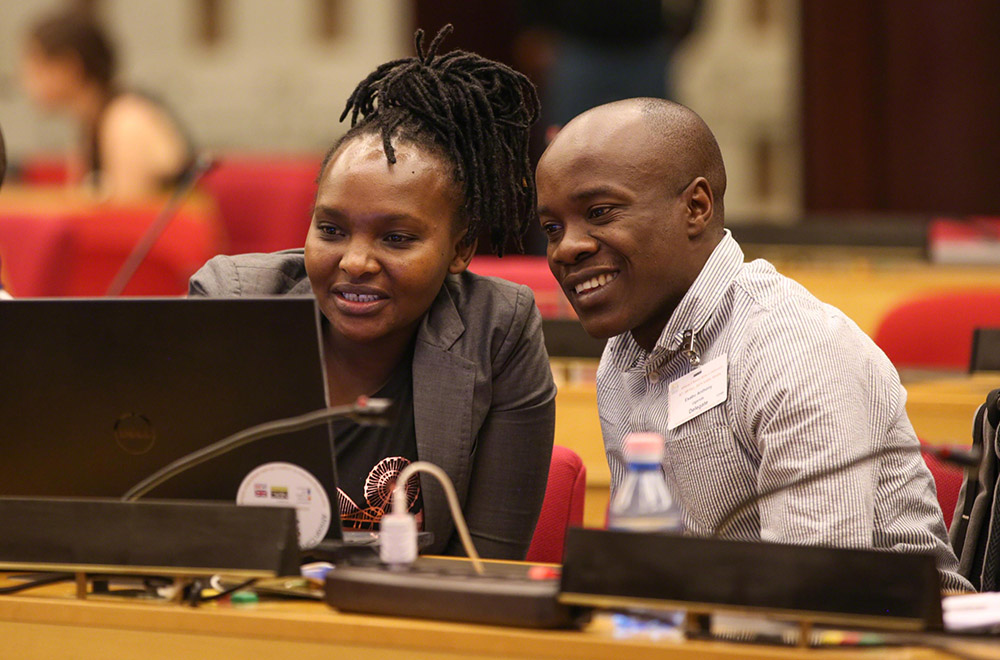
The African Climate Risks Conference (ACRC) 2019 continued on Tuesday, October 8, with a heavy agenda, including plenary and thematic parallel sessions as well as panel discussions, workshops, and seminars.In the morning, two plenary sessions focused on the state of climate research for development in Africa and on linking new science to application. In a keynote speech, Joseph Mukabana, World Meteorological Organization (WMO), highlighted that scientific research in Africa is hindered by inadequate funding and insufficient research infrastructure, as well as a lack of strong intra-regional collaboration. Focusing on the Climate Research for Development (CR4D) in Africa initiative, he outlined programmes aimed at addressing existing research gaps.During the panel discussion on the state of climate research in Africa, Oluyede Ajayi, Technical Centre for Agricultural and Rural Cooperation (CTA), the Netherlands, highlighted the increasing recognition of the development aspect of the CR4D initiative, emphasizing the co-production of knowledge by different disciplines. Jane Olwoch, Executive Director, Southern Africa Science Service Center for Climate Change and Adaptive Land Management (SASSCAL), focused on engagement with stakeholders; advocated multi-disciplinary research teams; and presented SASSCAL research projects. Bruce Hewitson, University of Cape Town, South Africa, highlighted the need to prioritize knowledge gaps, scaling research to match capacities, and emphasized that knowledge products should also reach relevant stakeholders, who cannot access face-to-face engagements.Regarding linking new science to application, Tazen Fowe, International Institute of Water and the Environment (2iE), Burkina Faso, provided an overview of a pilot flood risk management project in Ouagadougou. Emma Visman, Kings College, London, highlighted an AMMA 2050, pilot pearl millet project in Niakhar, Senegal, developed because climate change is affecting crop yields and millet tolerates higher temperatures. Declan Conway, London School of Economics and Political Science (LSE), UK, outlined the challenges in constraining model uncertainty in rainfall projections for the Lake Malawi and Shire River systems in Malawi and the Rufiji River basin in Tanzania, stressing the need to focus on responses that work well across a range of future scenarios.Throughout the day, parallel thematic sessions focused on:
The second day of ACRC 2019 also included two panel discussions, focusing on stepping up resilience and on multi-level governance in enabling climate resilient development. Three workshops addressed the co-production of weather and climate services, putting principles into practice; how social protection services can become more adaptive; and the long-term sustainability of water and energy nexus in Tana River Basin, Kenya. Two seminars discussed cities and climate risks, and lessons learned from the Weather and Climate Information Services (WISER) High Impact Weather Lake System (HIGHWAY) project. The official conference dinner took place in the evening at the Zoma Museum in Addis Ababa, Ethiopia.
IISD Reporting Services, through its ENB+ meeting coverage, provided daily photographic coverage and a summary report from ACRC 2019. The summary report is now available in HTML and PDF.
Photos by IISD/ENB | Kiara Worth
For photo reprint permissions, please follow instructions at our Attribution Regulations for Meeting Photo Usage Page
Plenary: State of Climate Research for Development in Africa
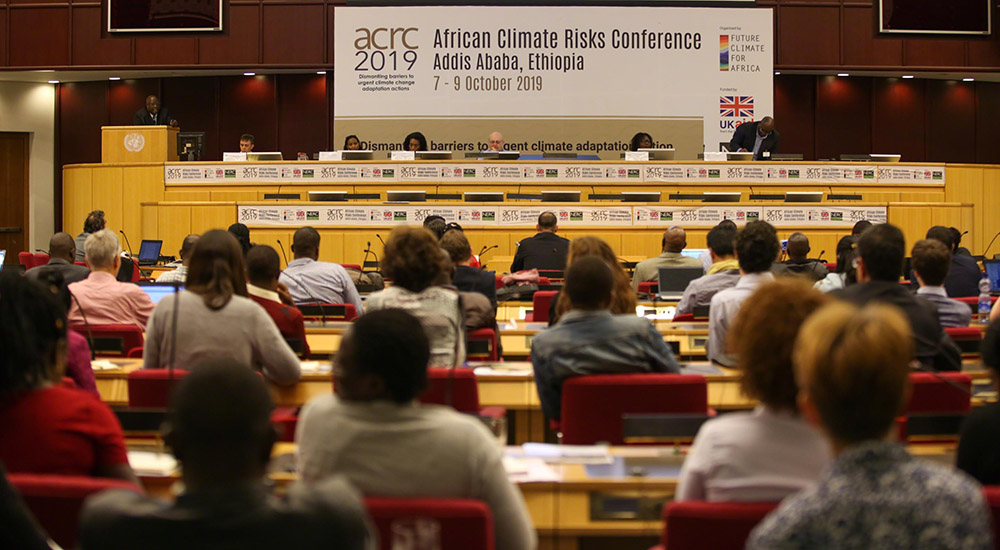
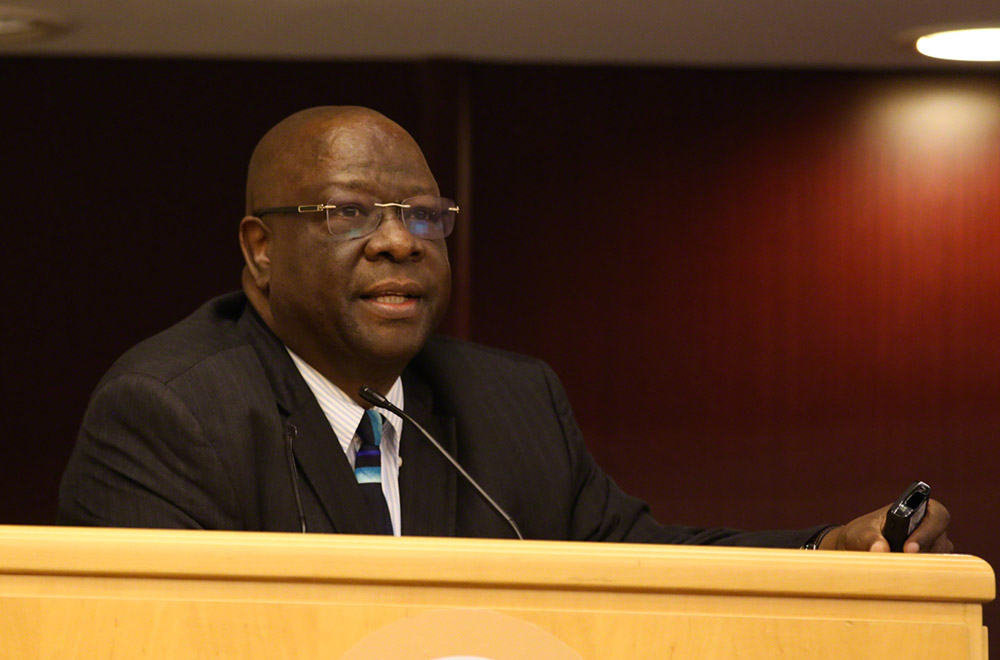
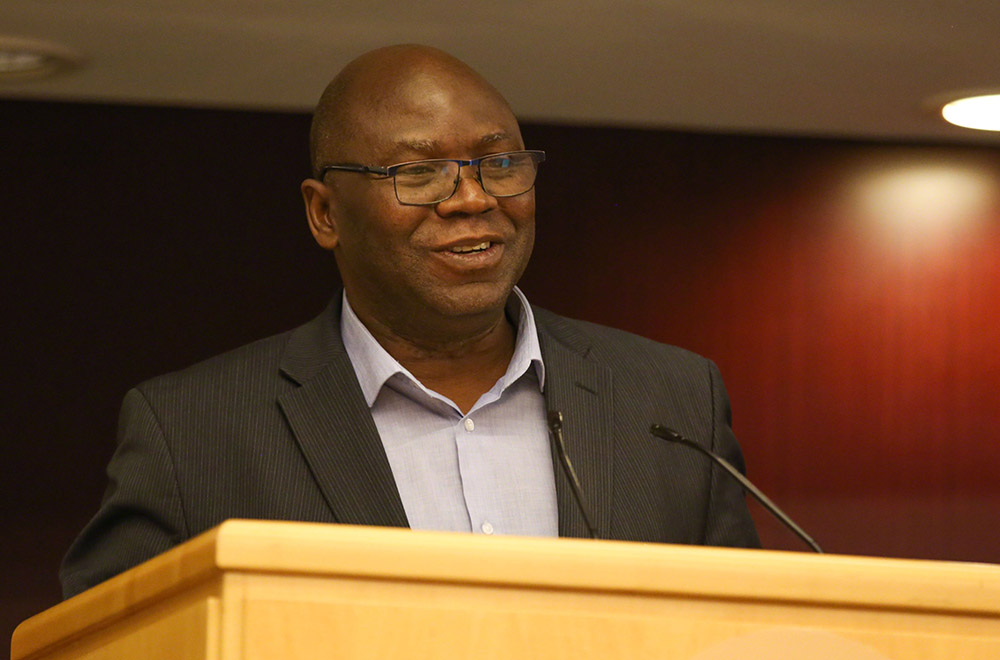
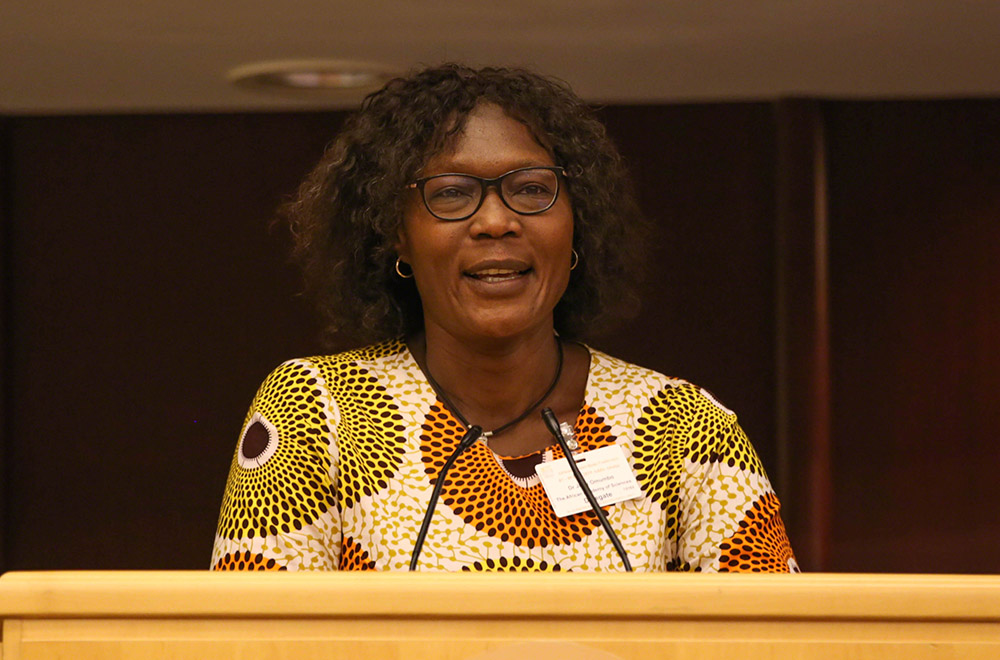
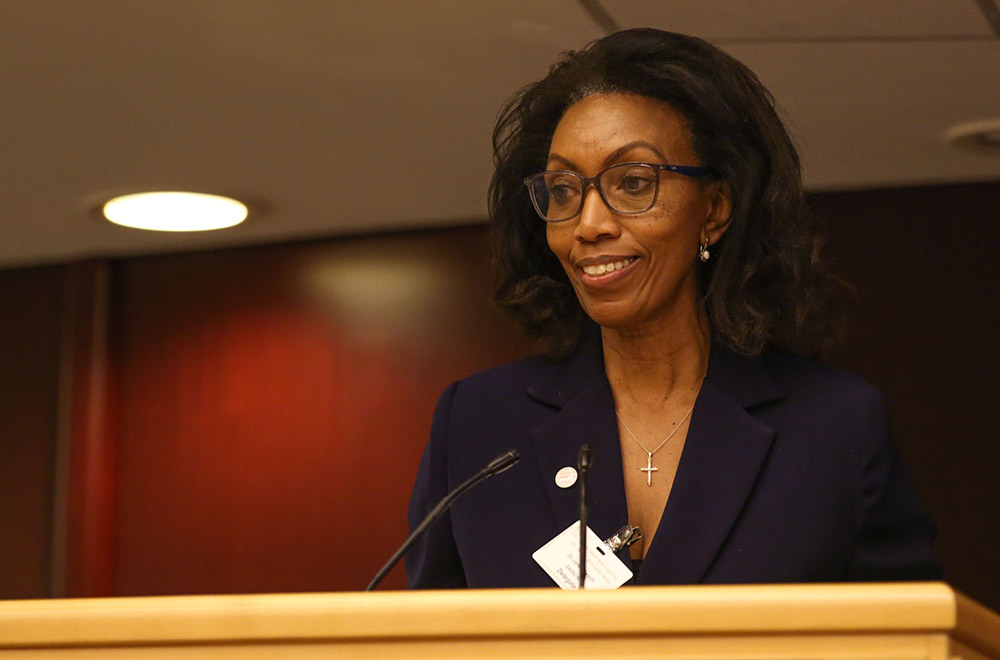
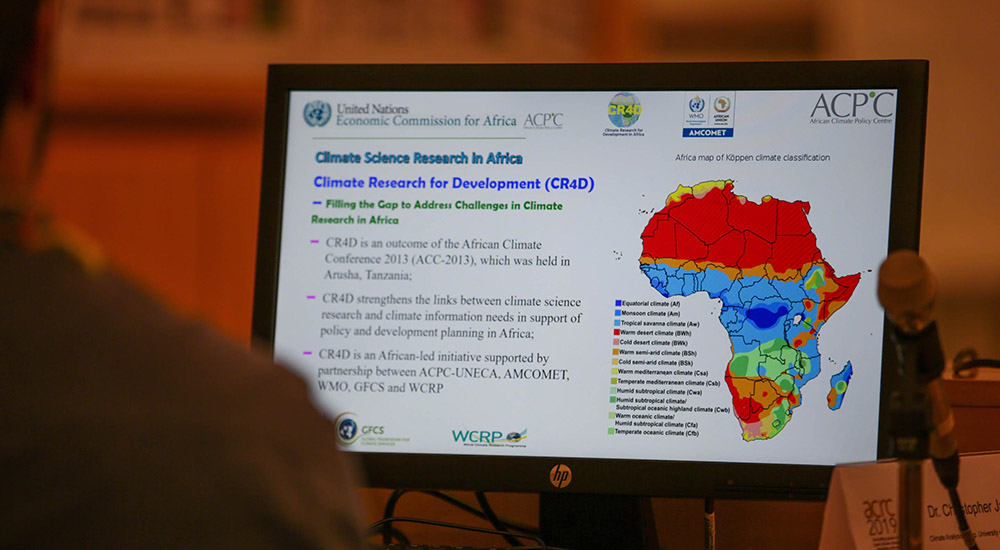
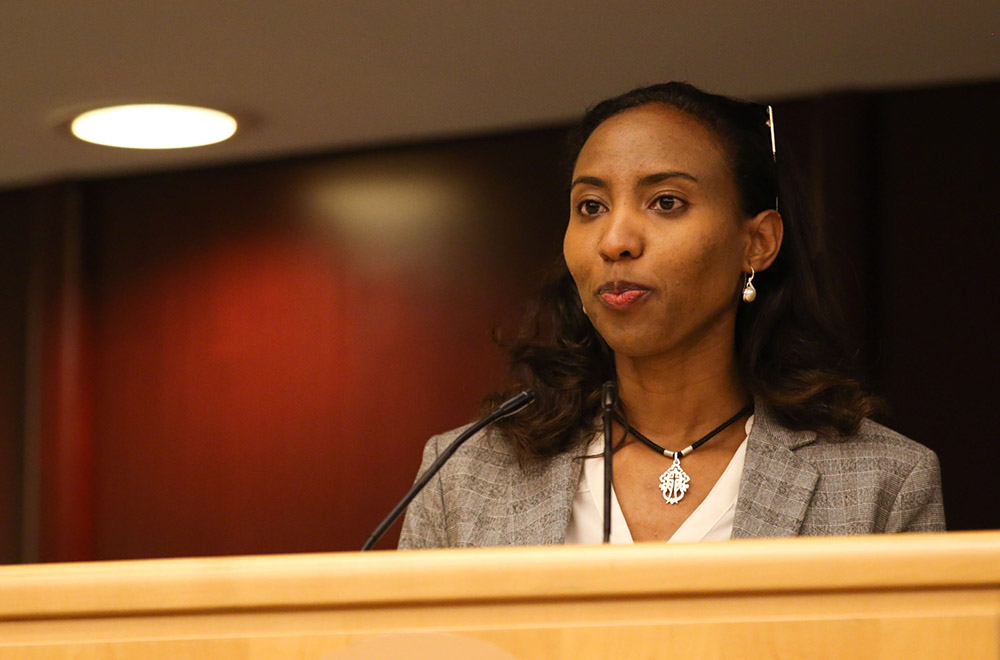
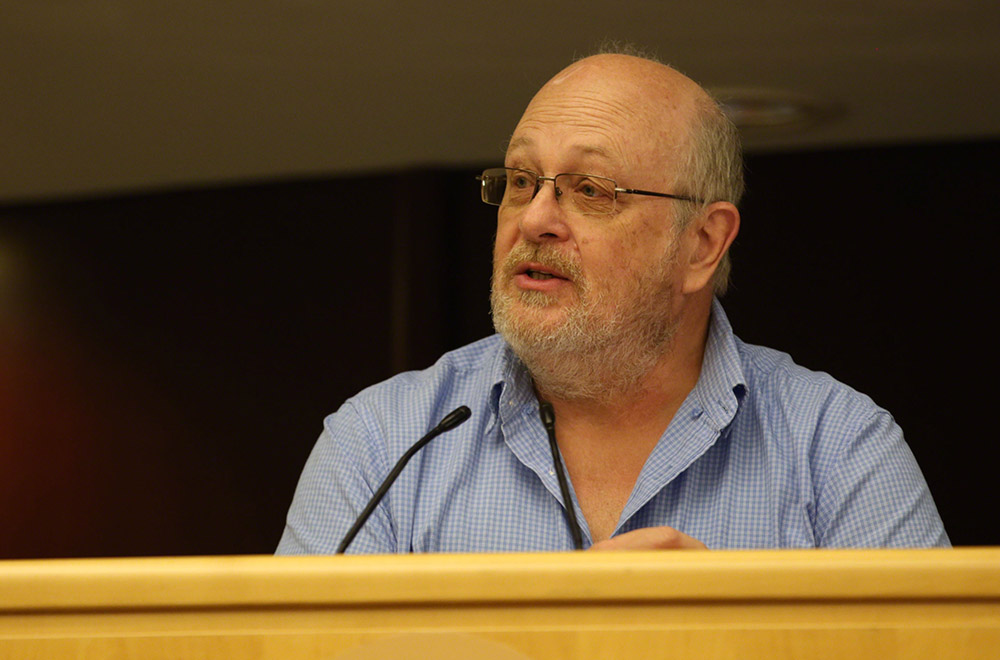
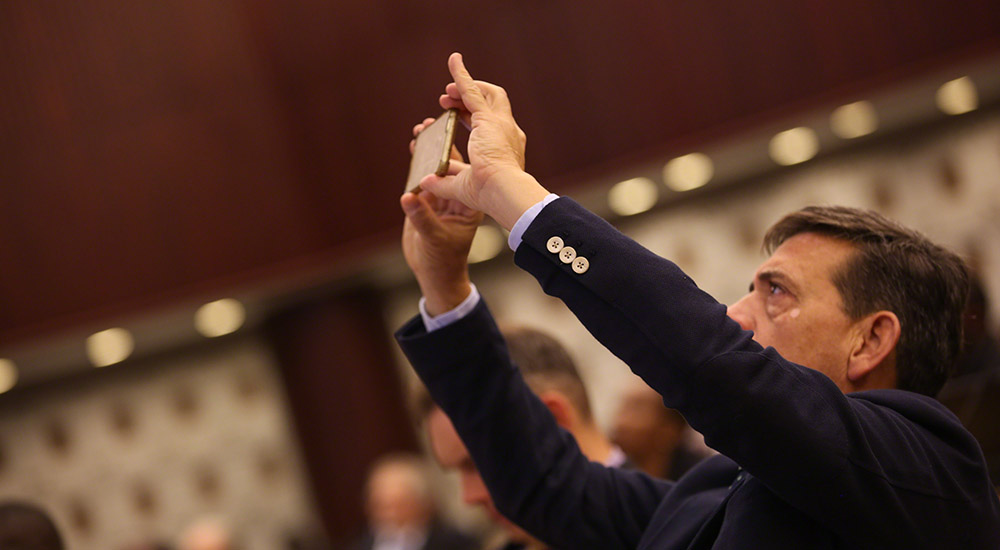
Linking New Science to Application: Piloting New Ways of Supporting Climate Relevant Decisions
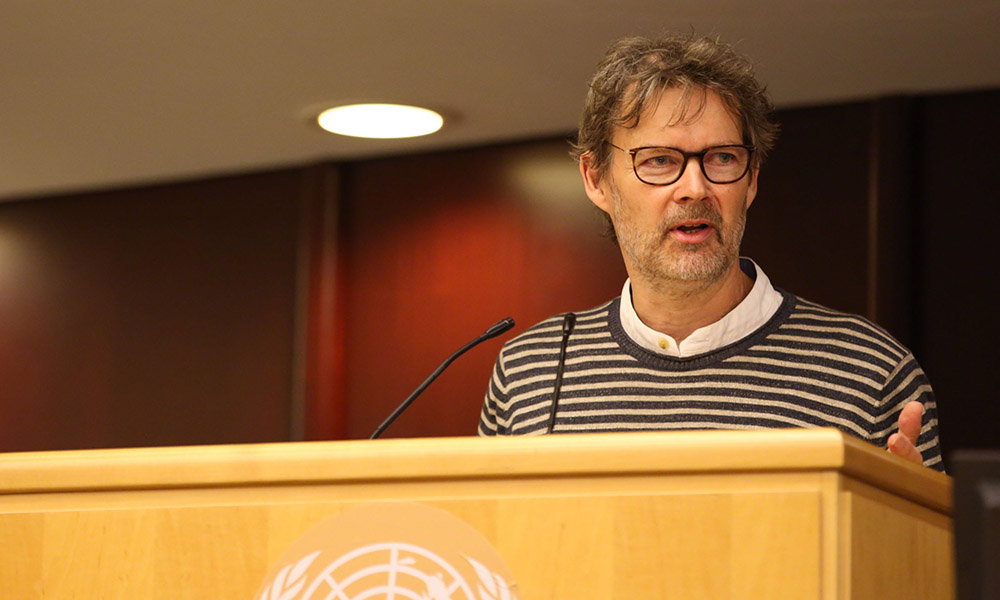
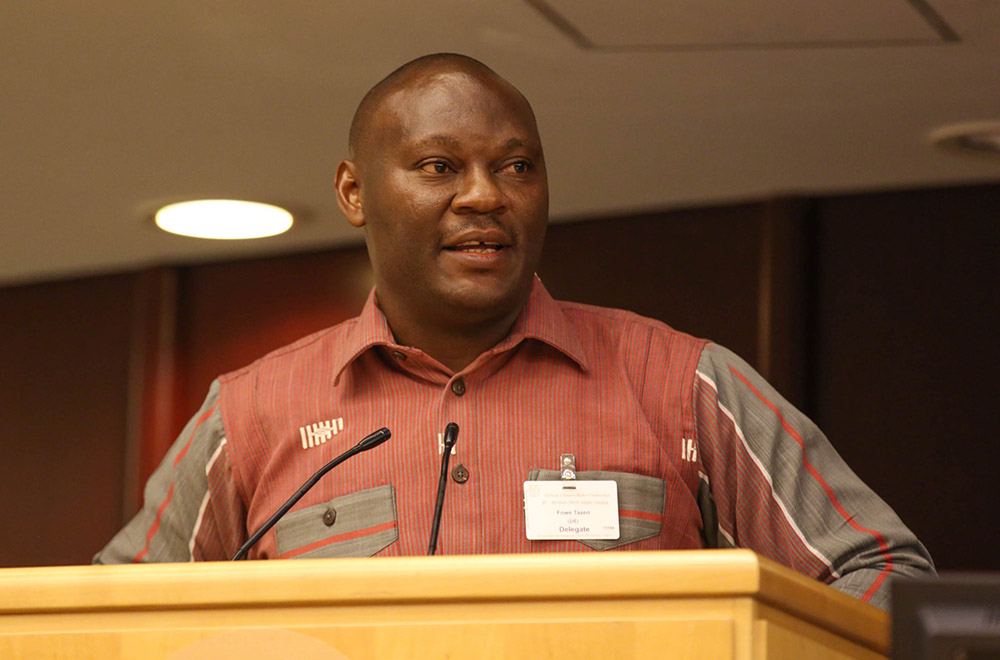
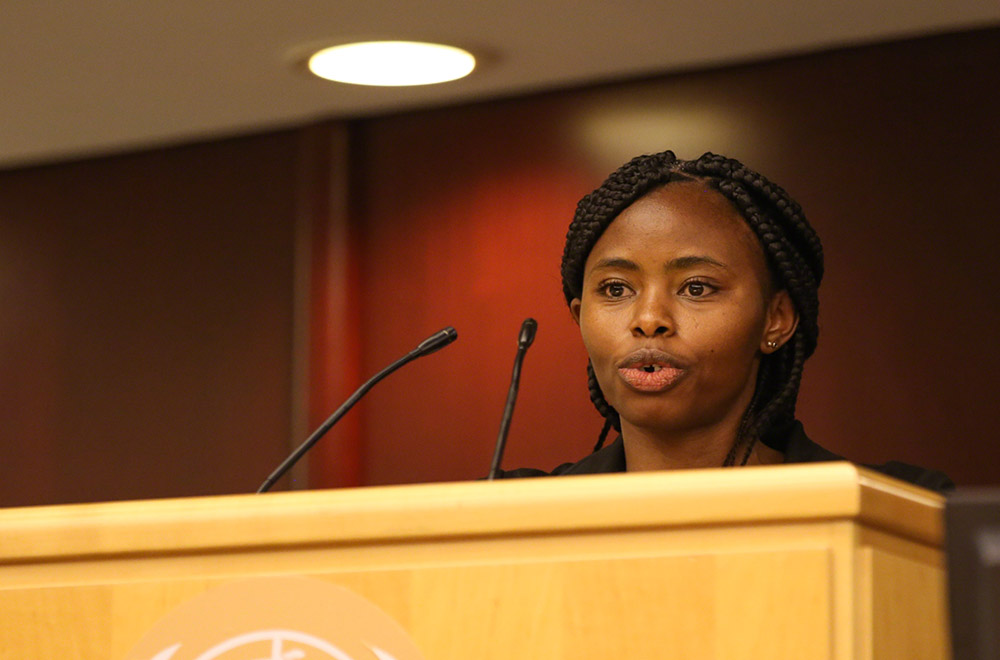
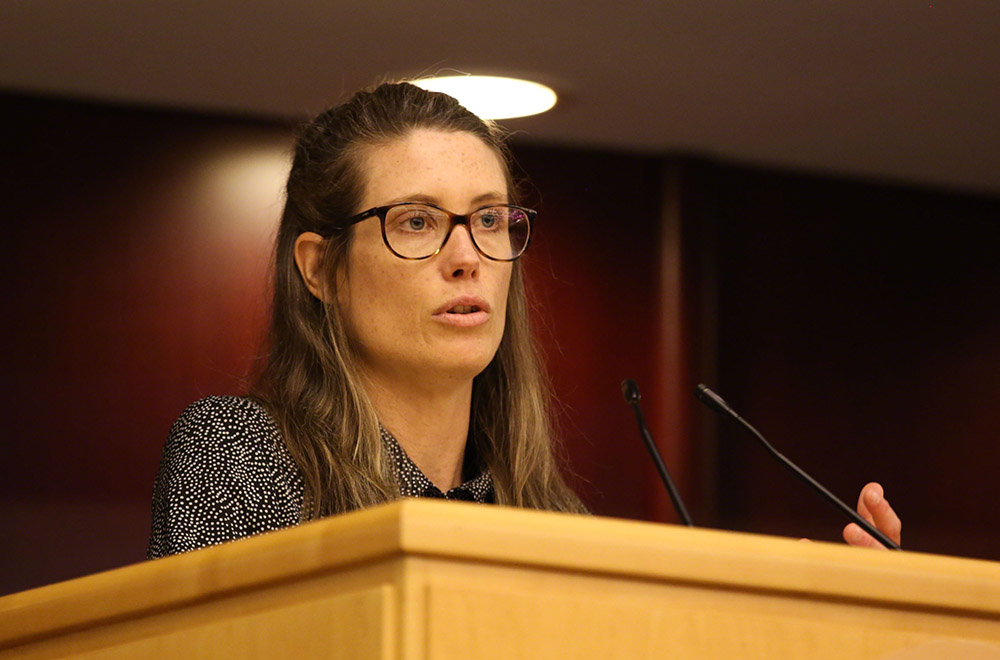
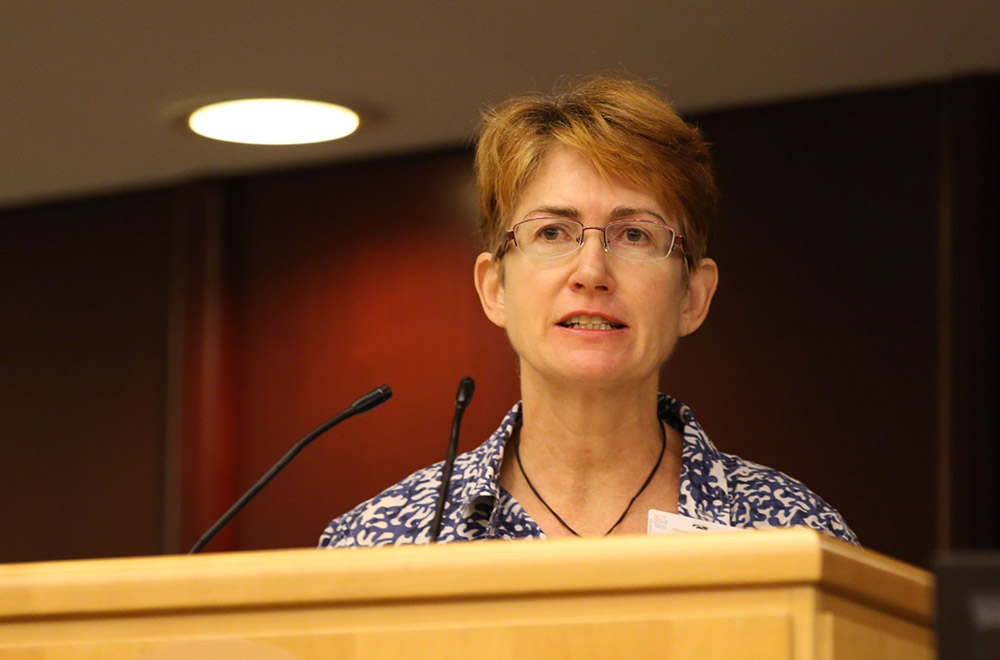
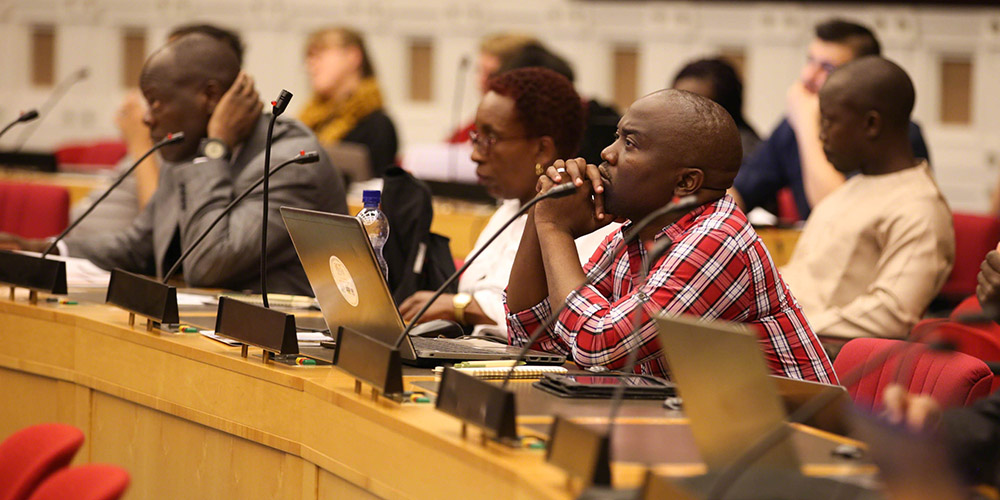
Theme 2: Latest research on the science and projections of future climate change in Africa
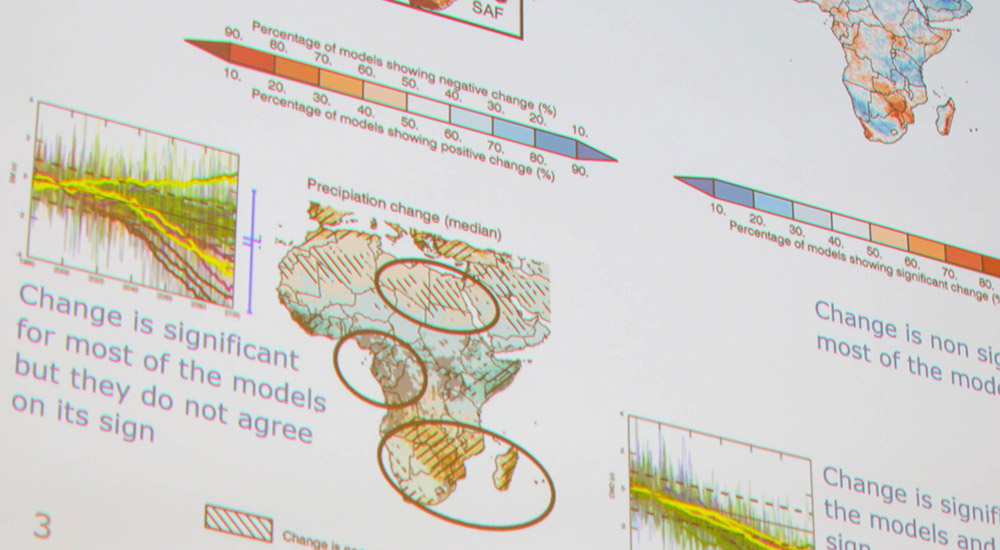
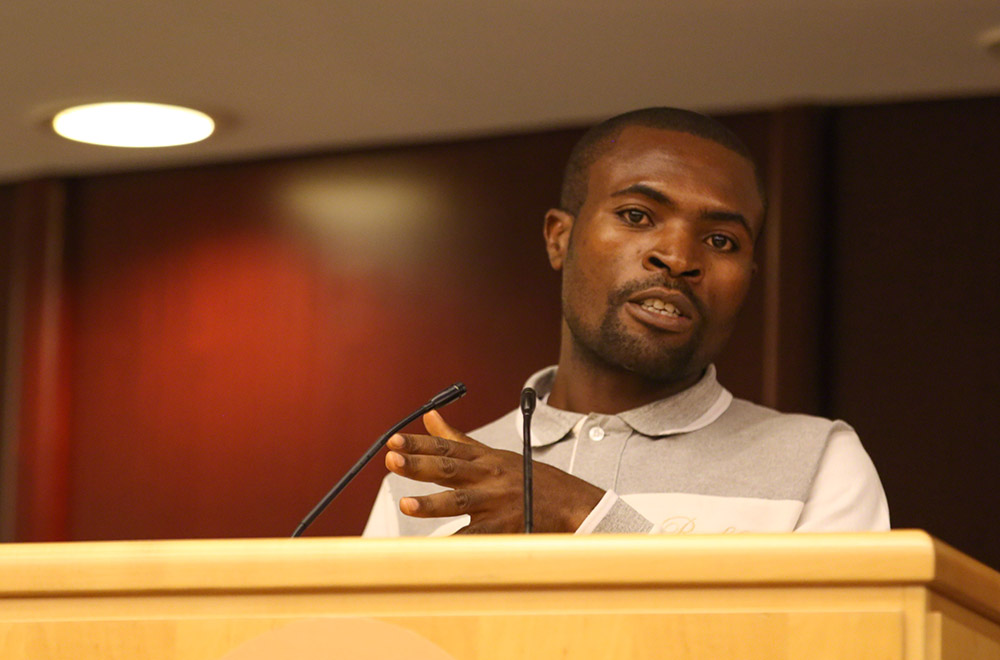
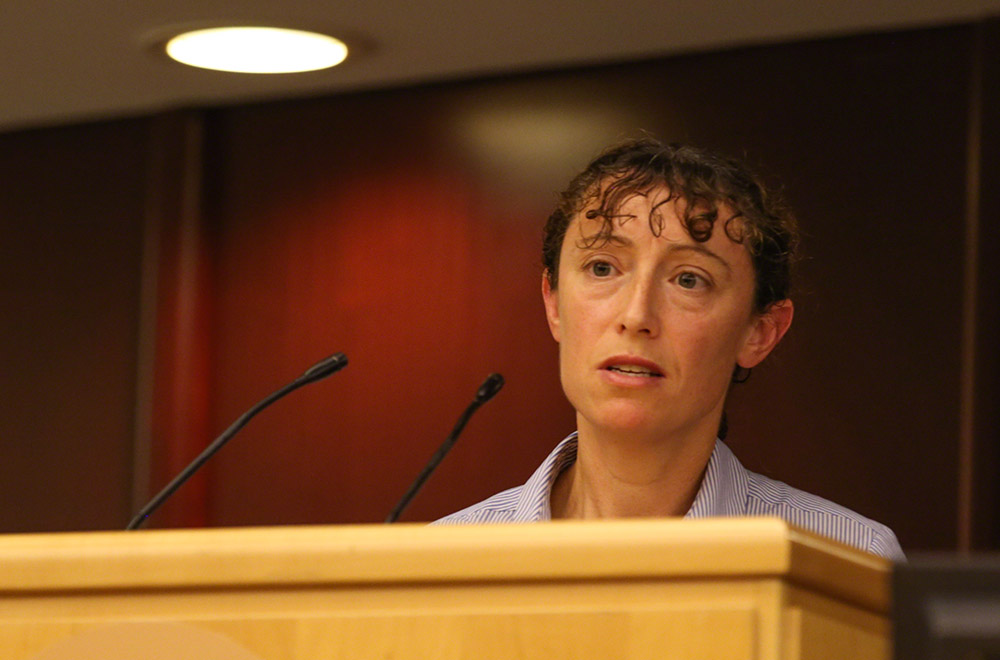
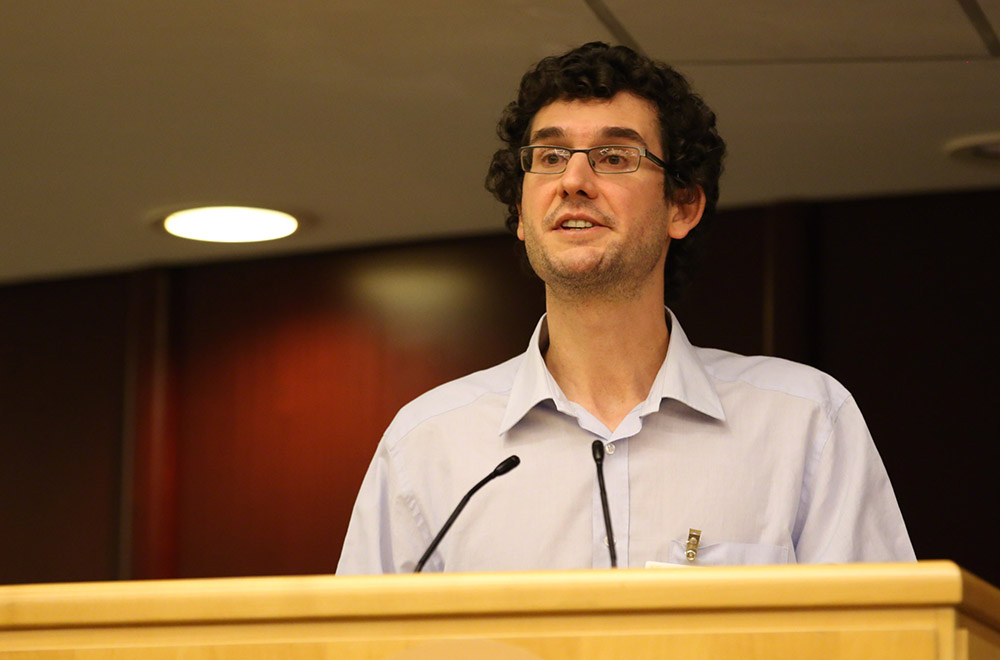
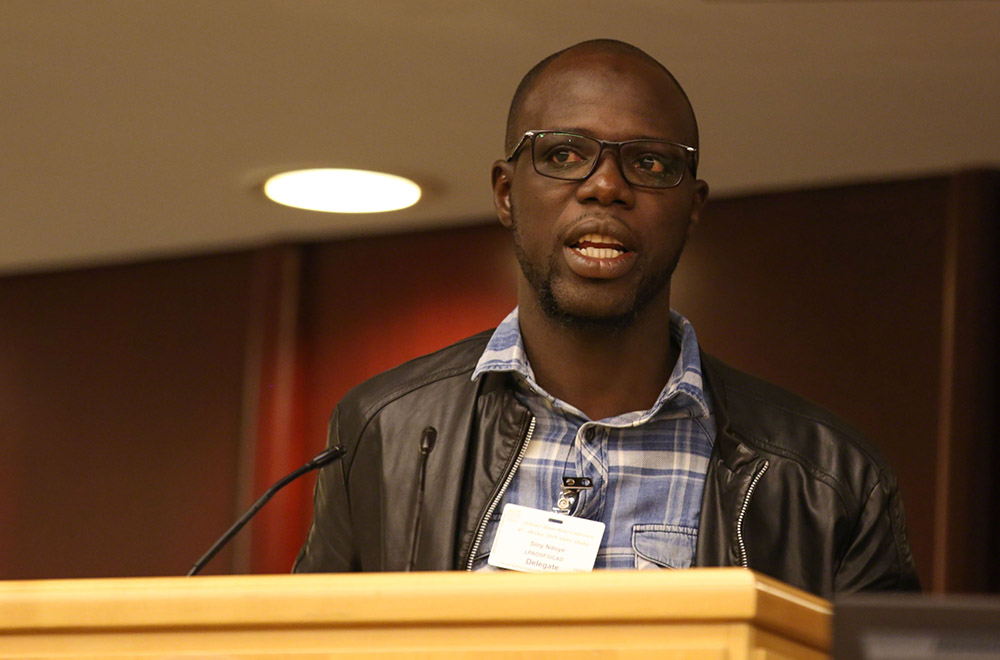
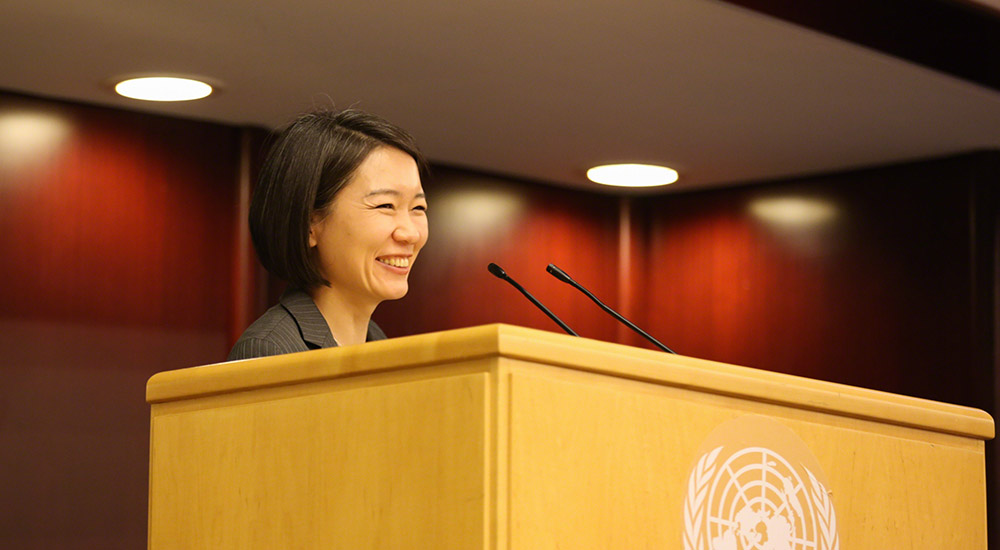
Theme 4: Delivering resilience in the face of climate change uncertainty
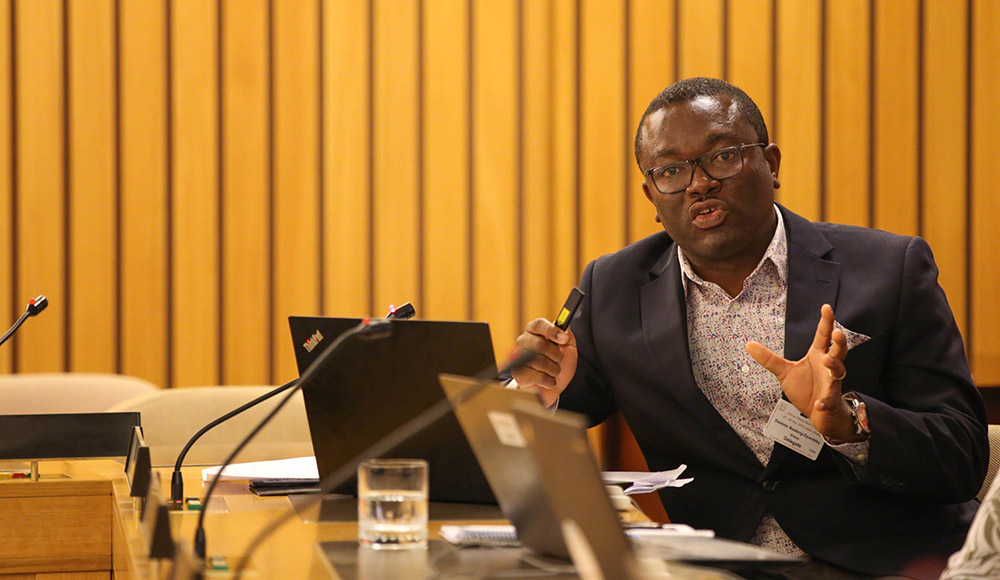
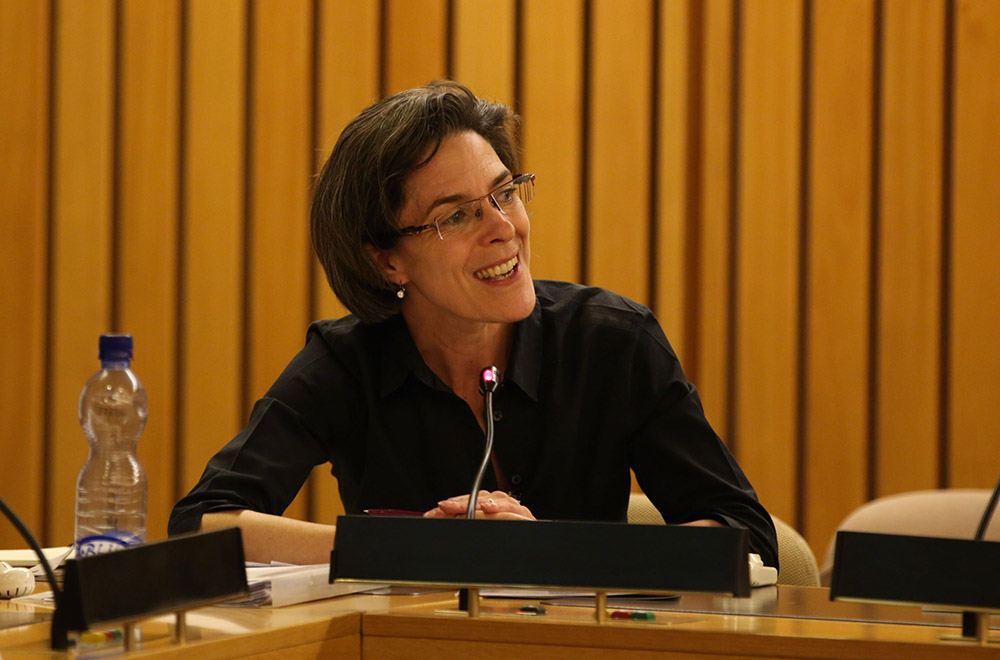
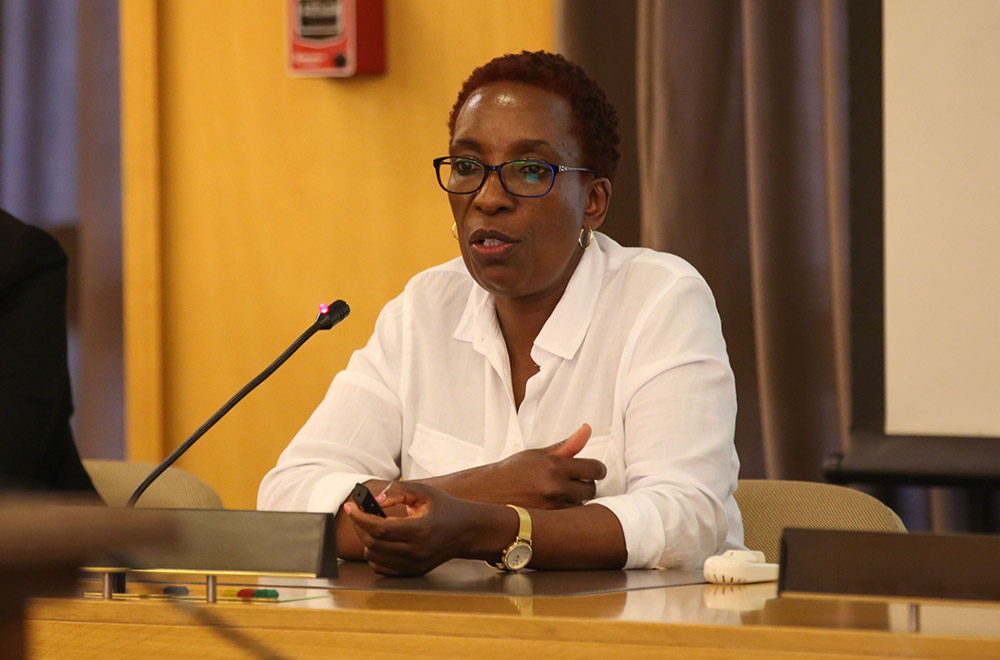
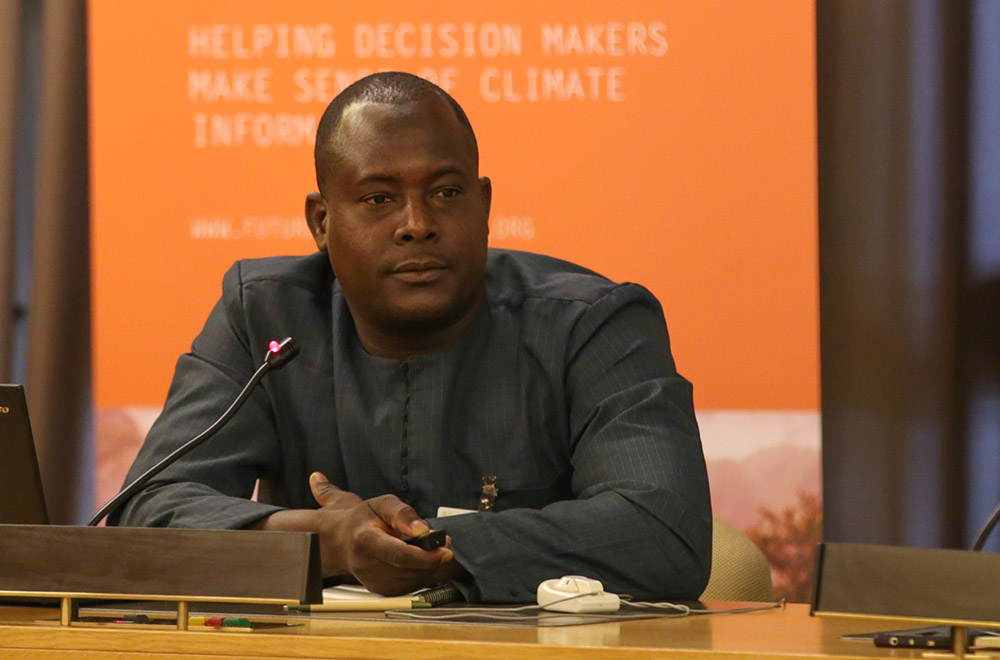
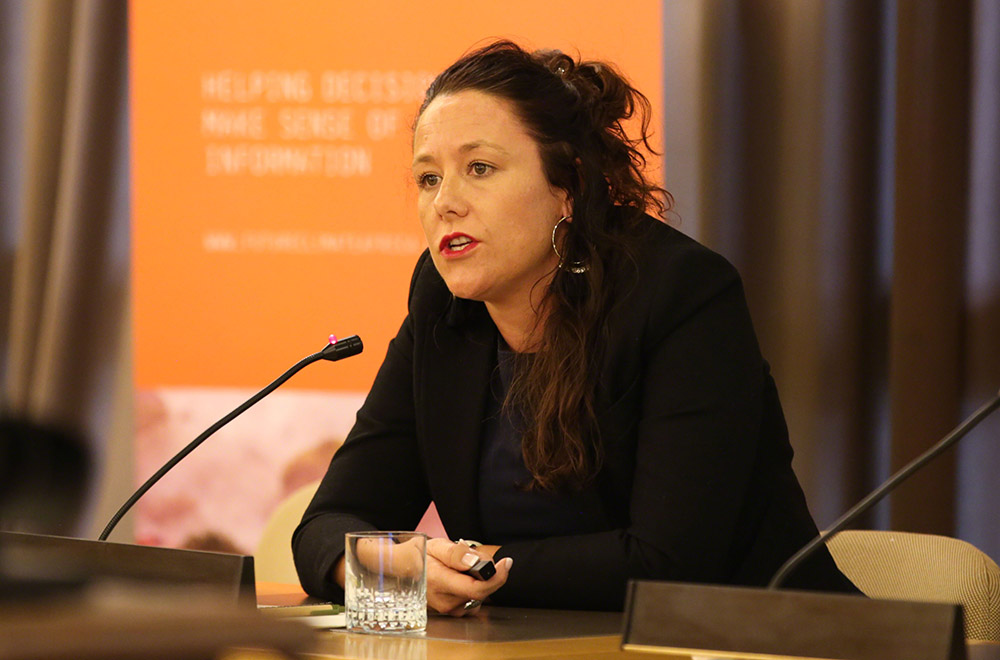
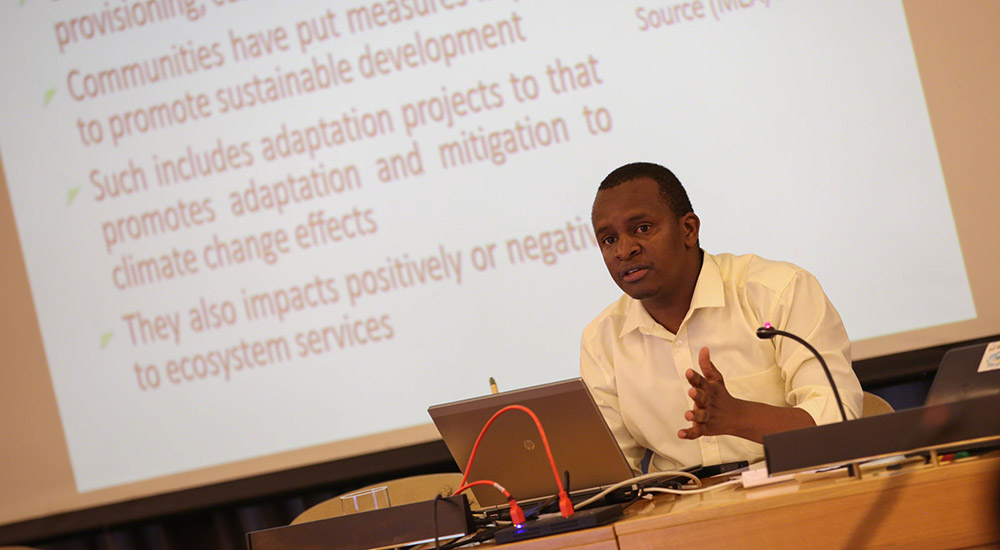
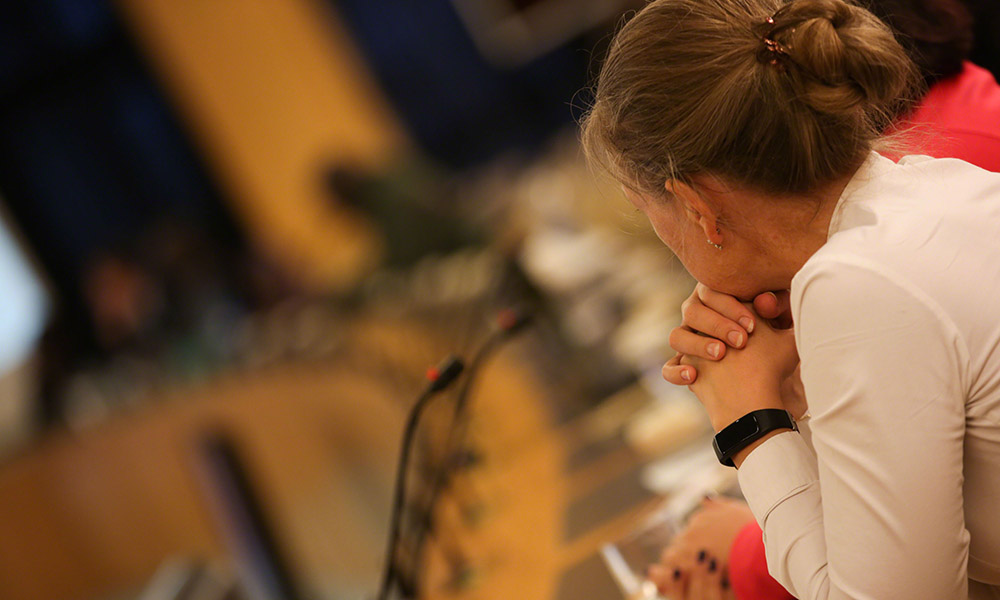
Theme 8: Cross-cutting issues: water-energy-food-health nexus
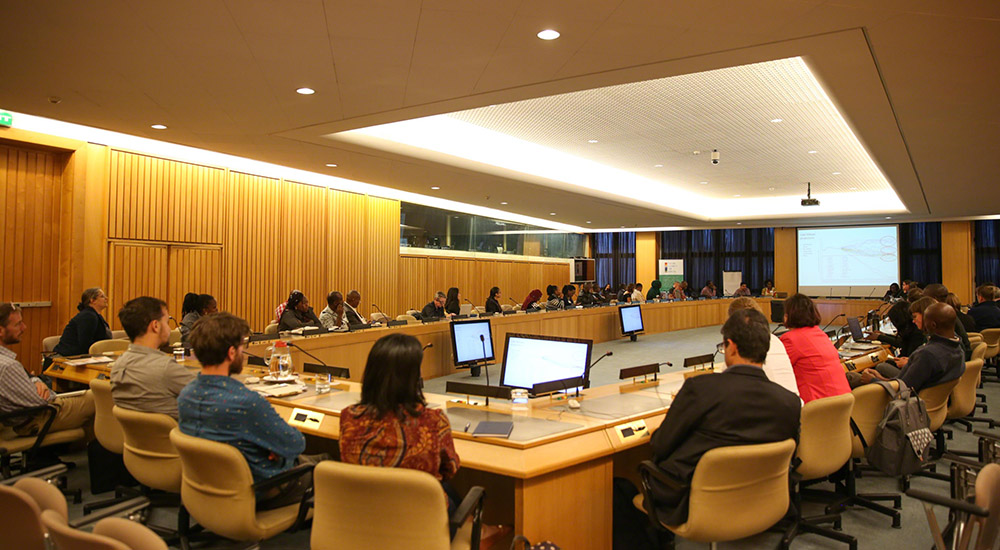
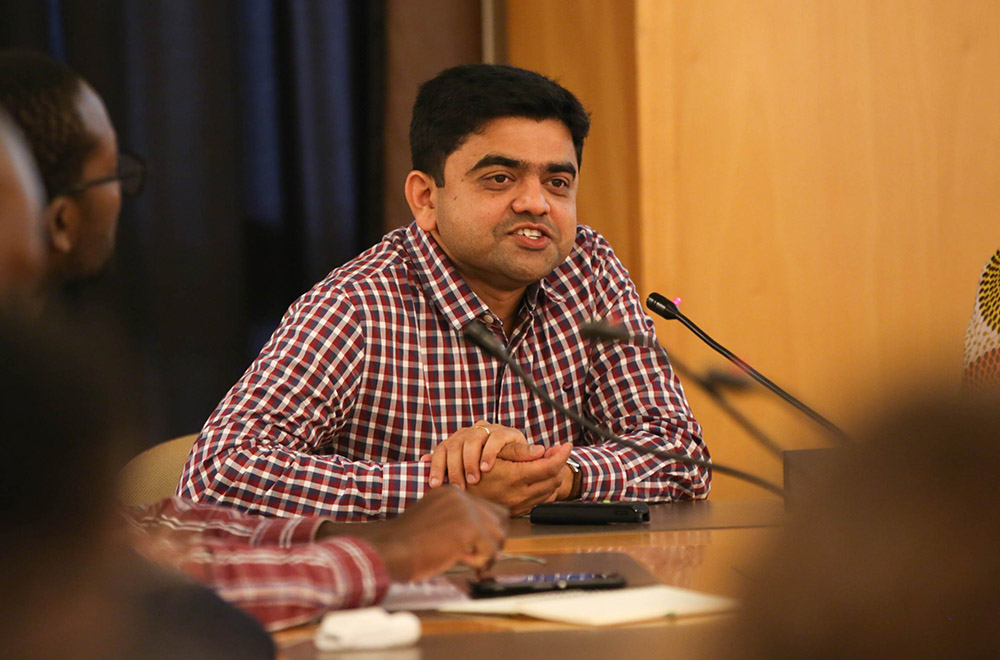
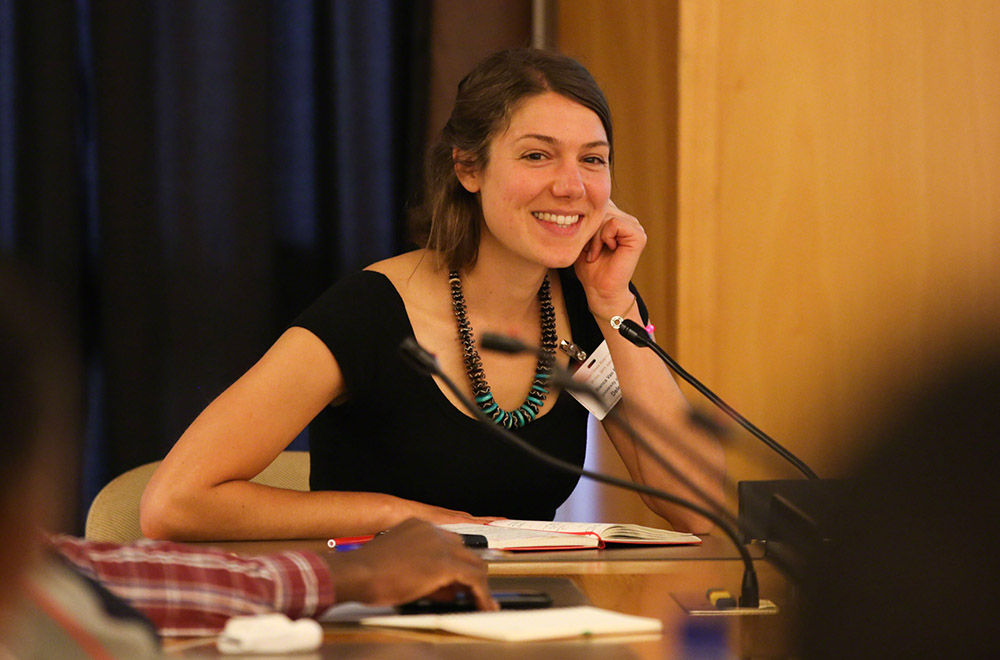
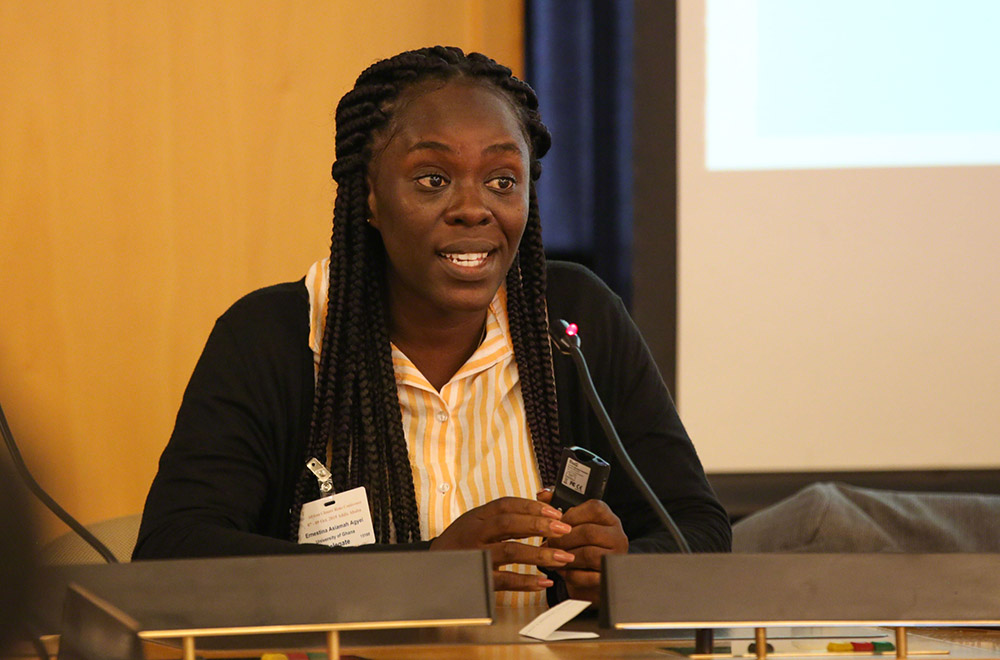
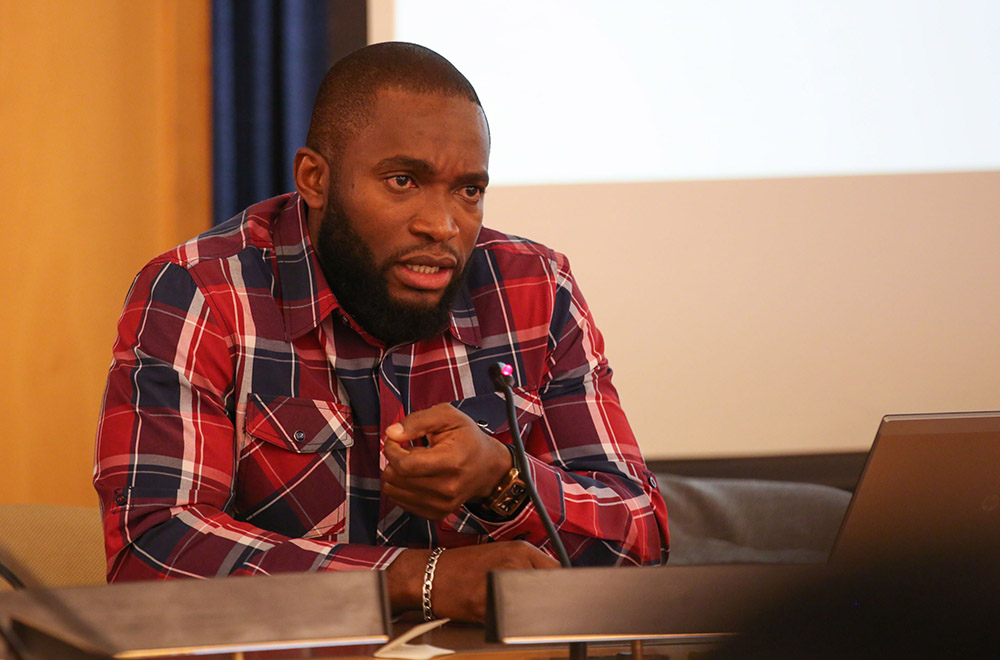
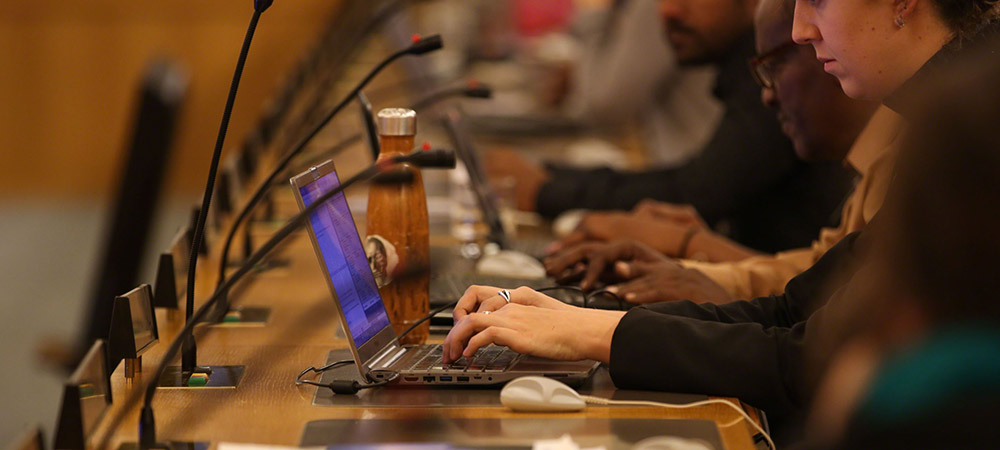
Workshops, Seminars, and Panel Sessions Throughout the Day
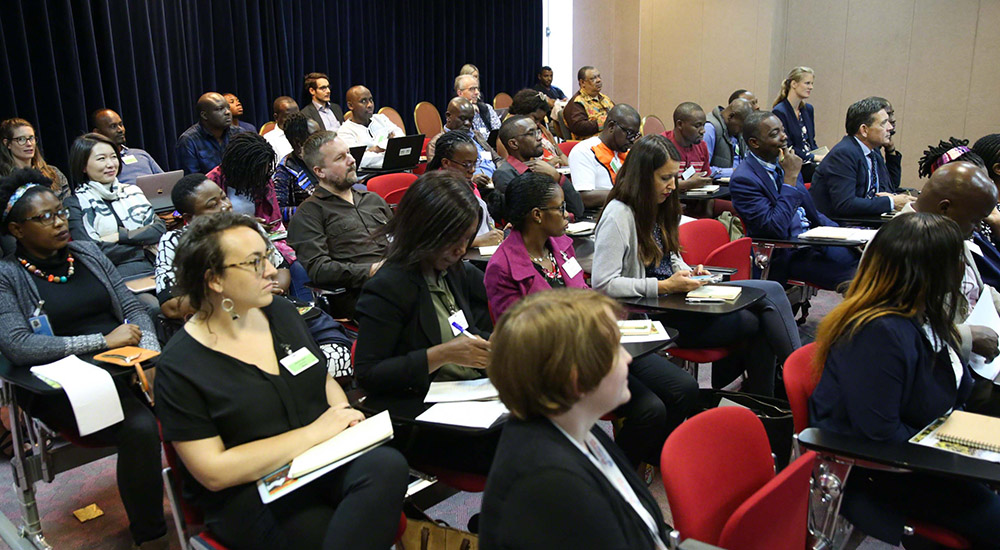
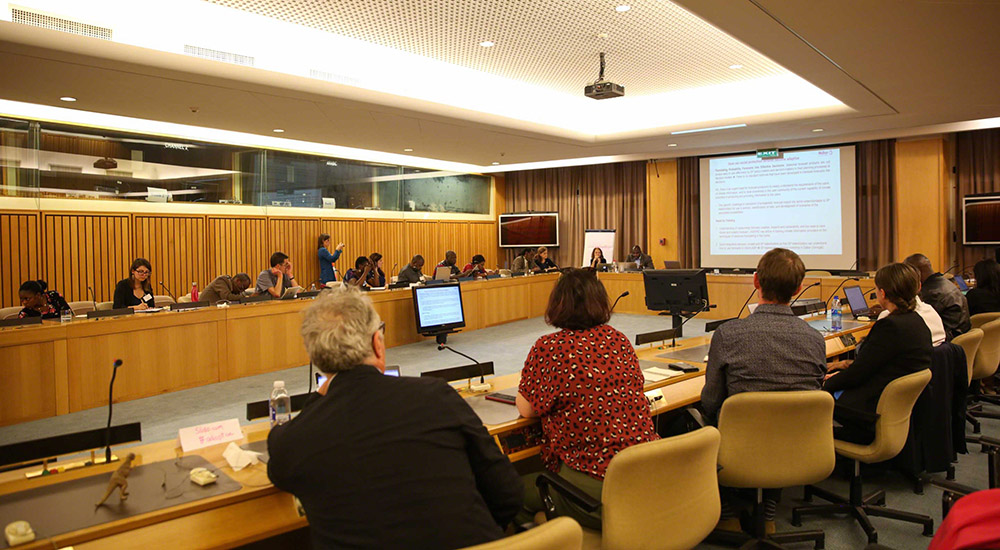
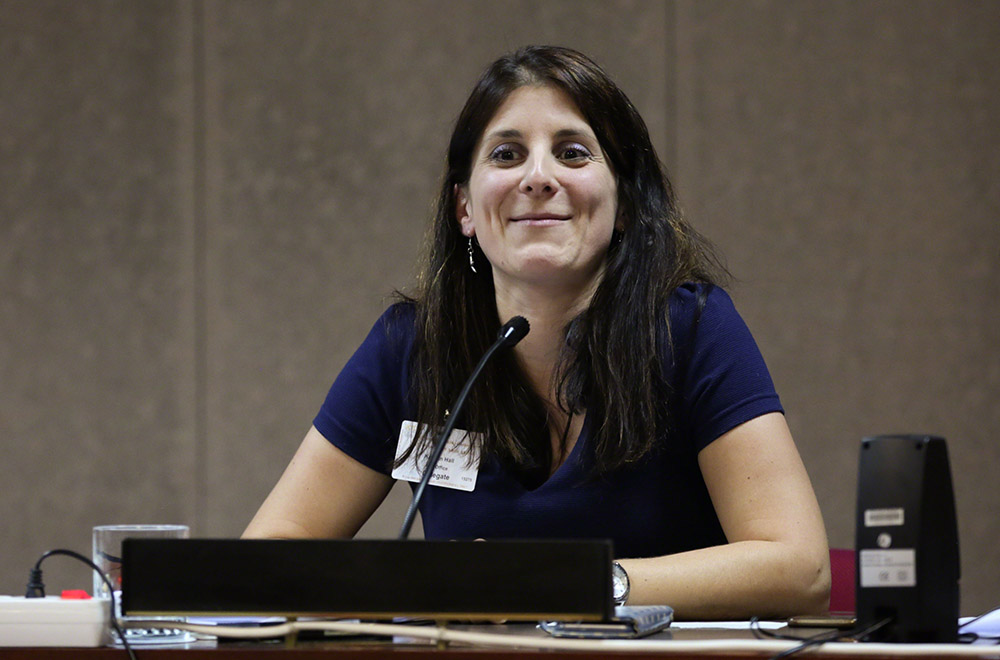
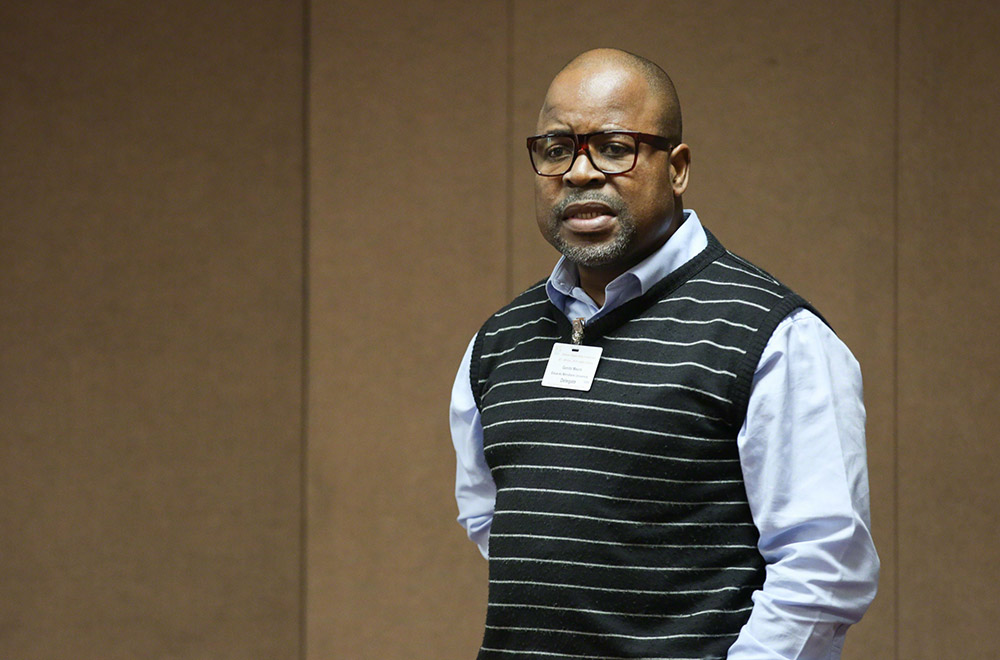
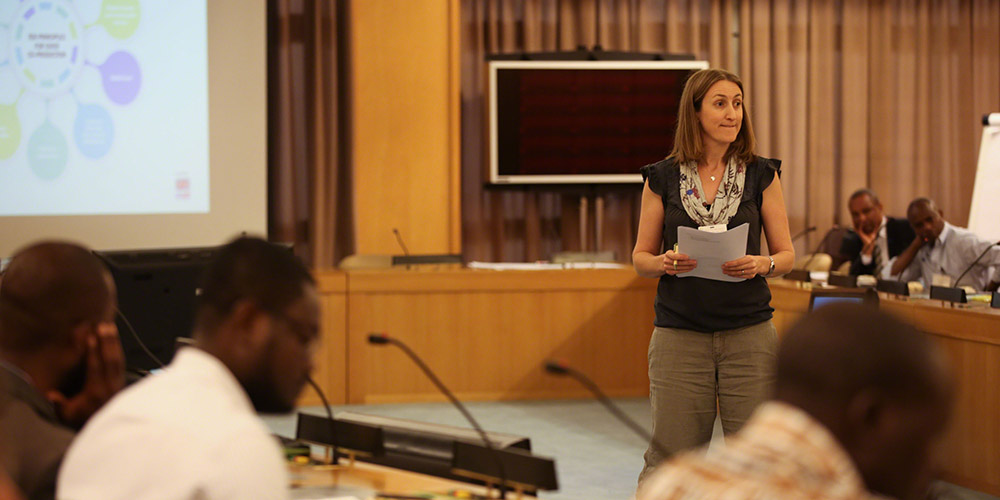
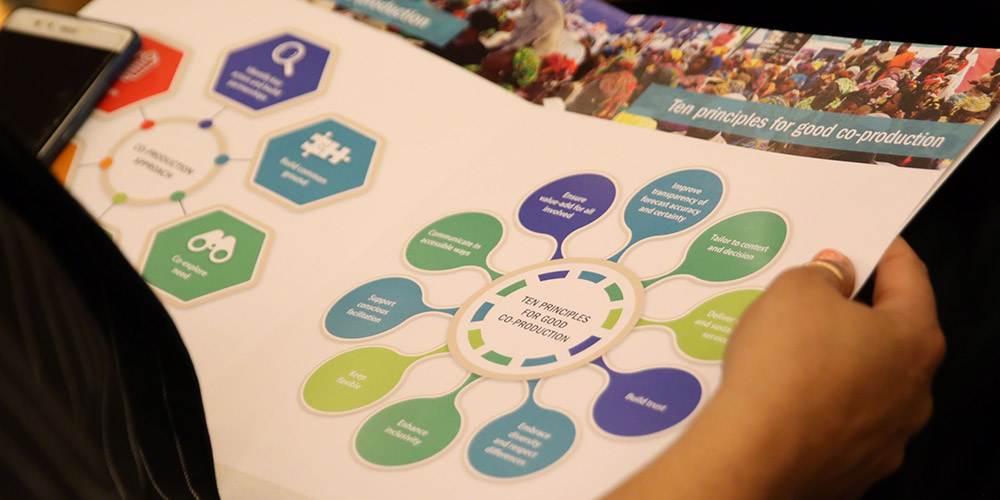
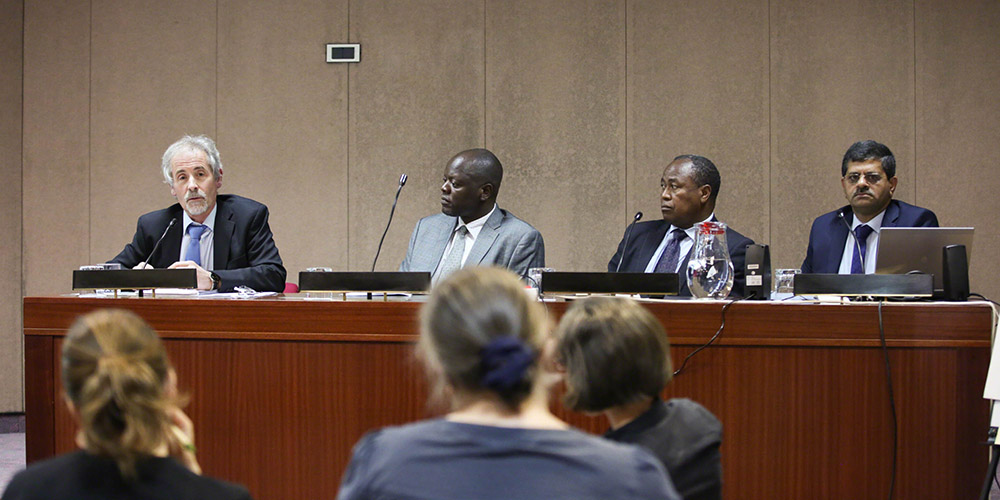
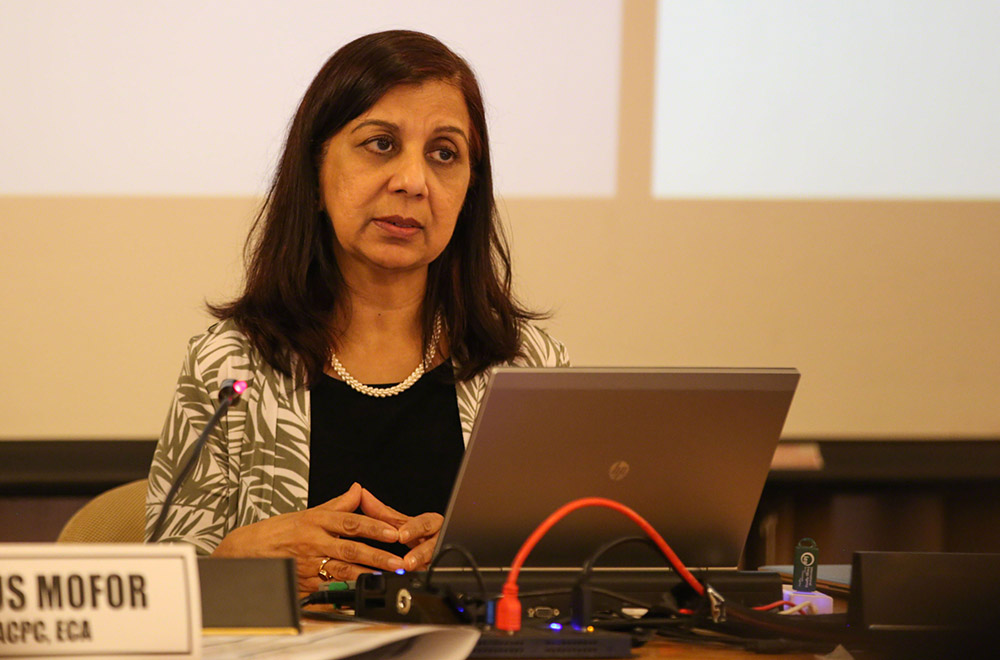
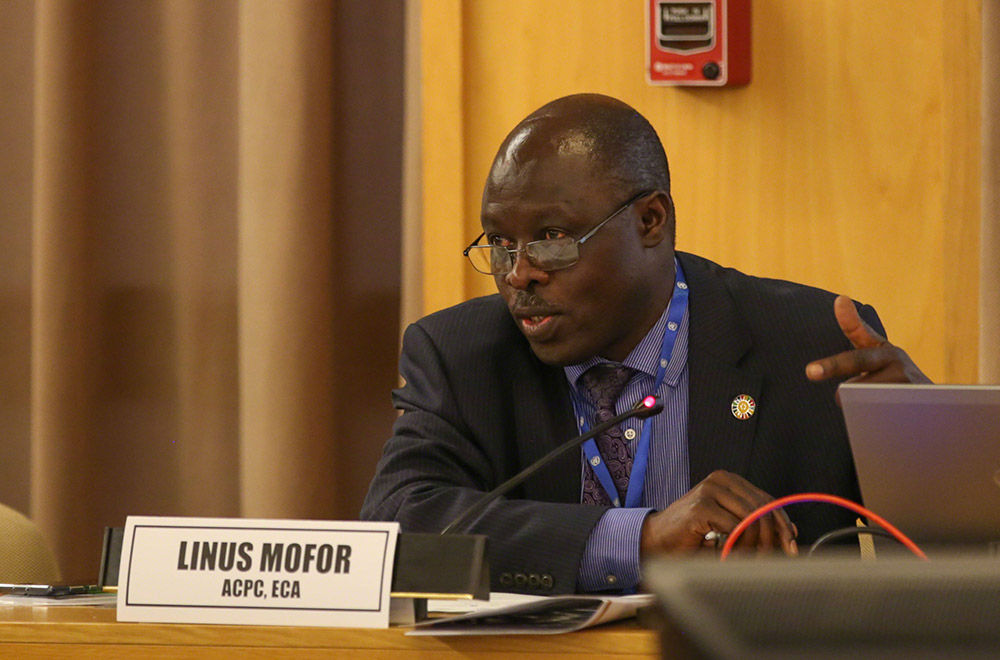
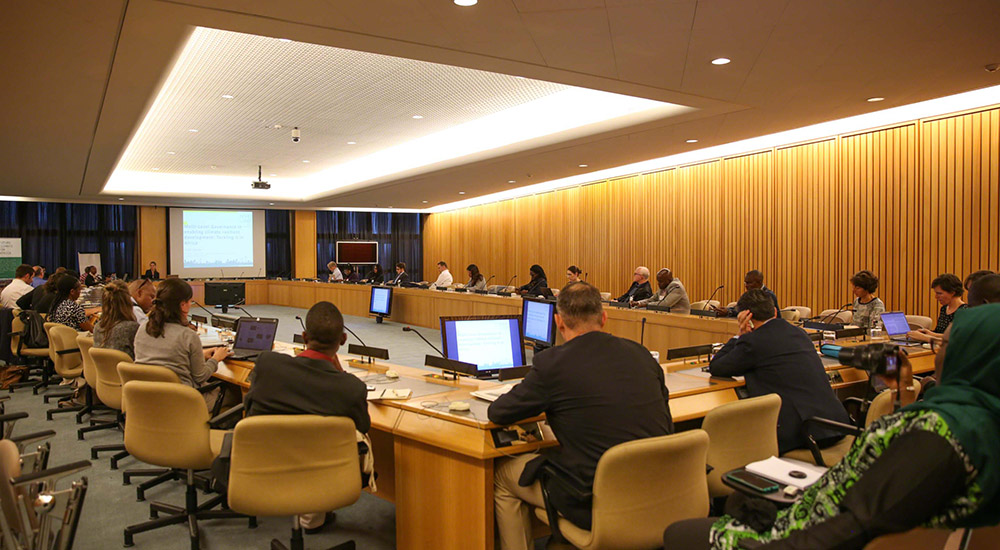
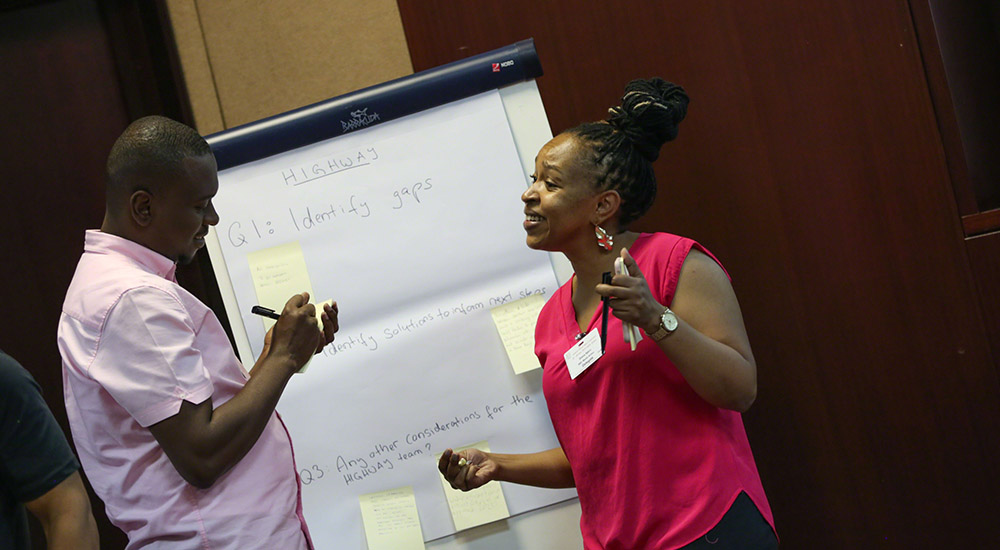
scale - lessons and challenges.'
Around the Venue
